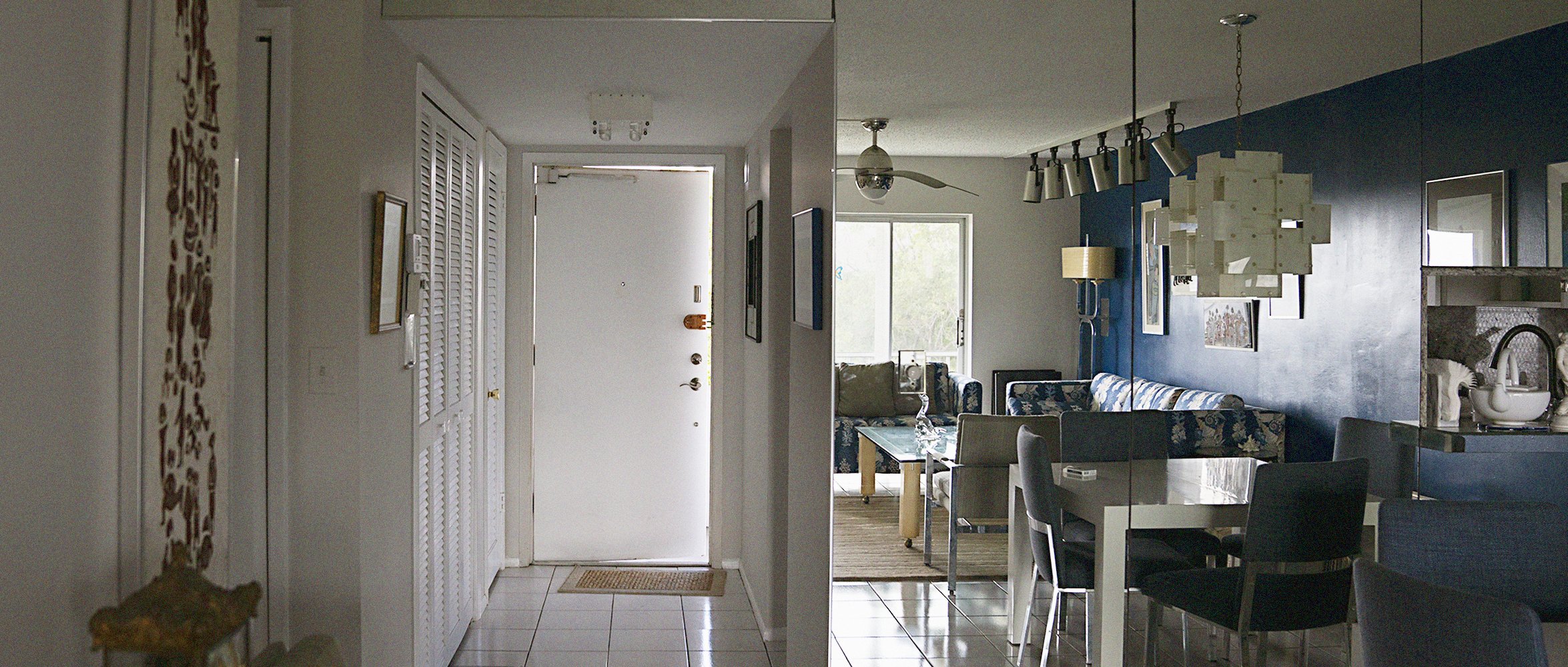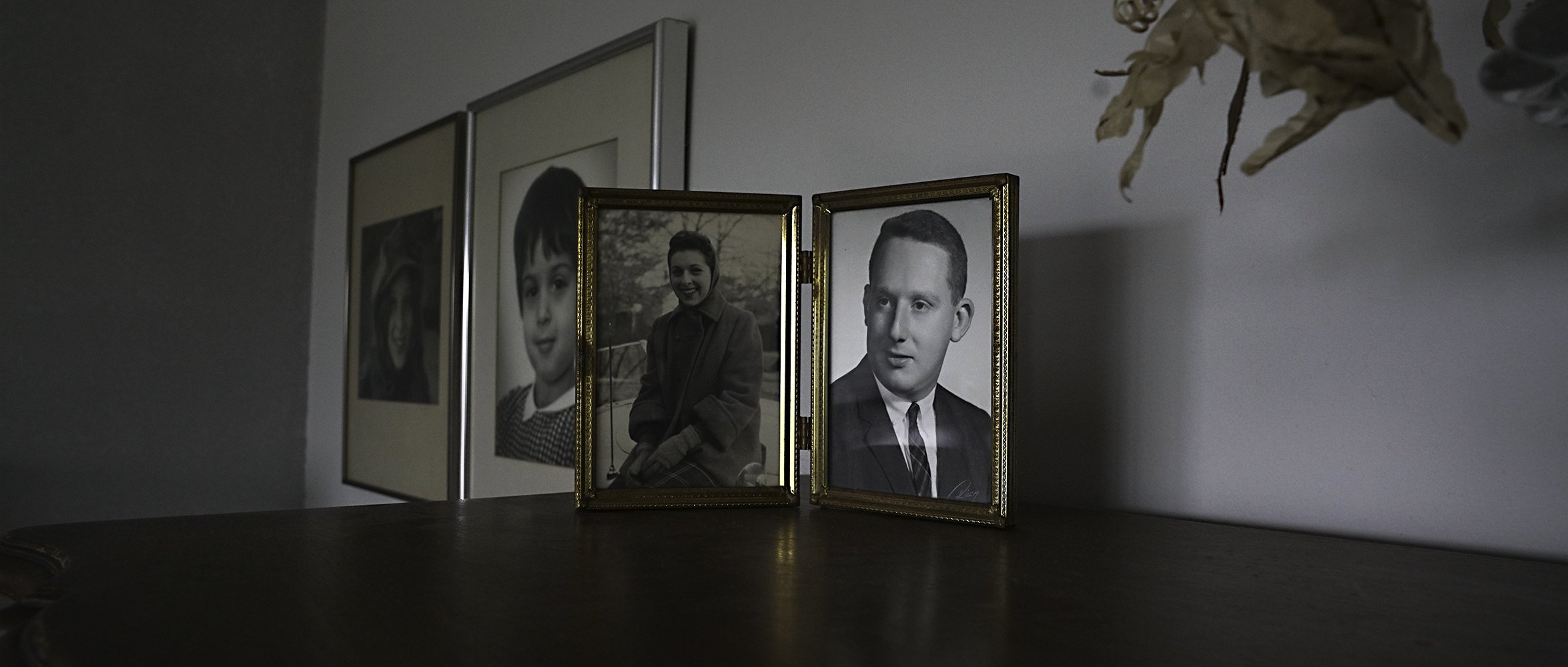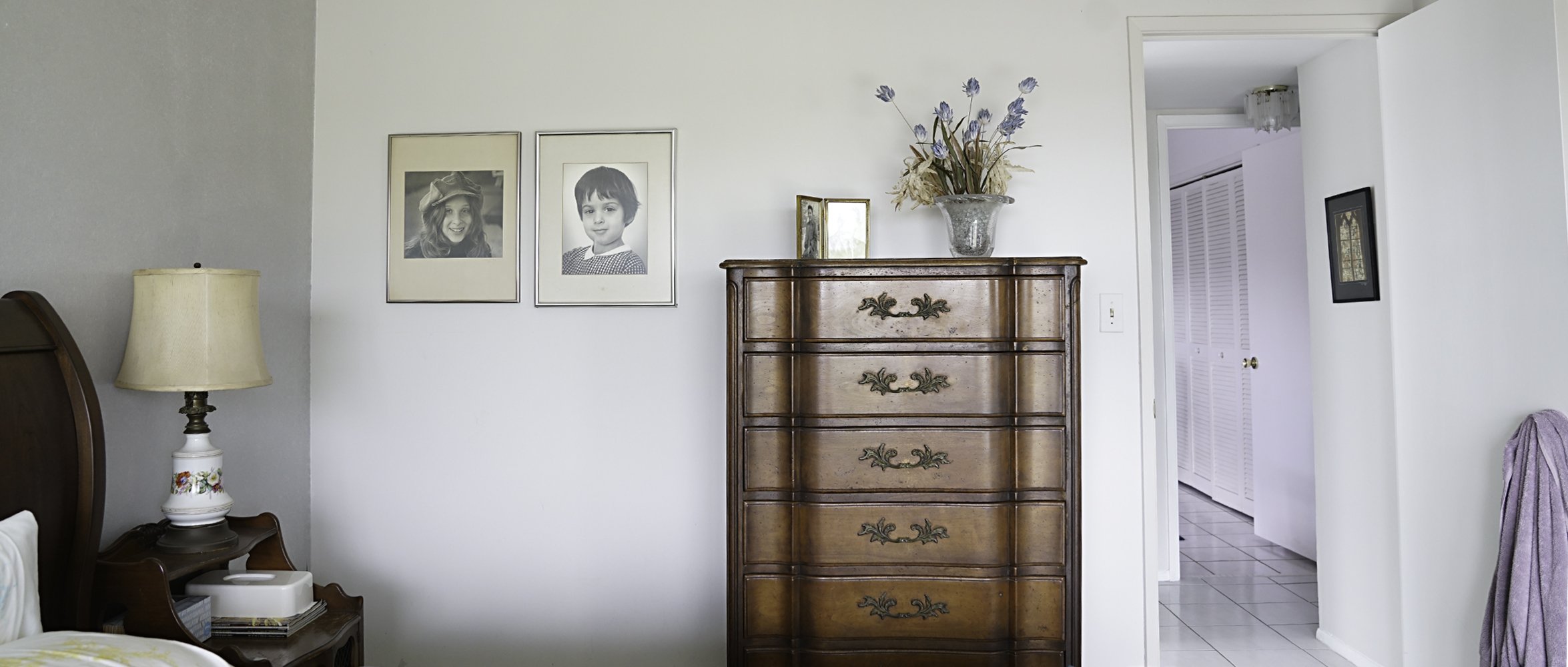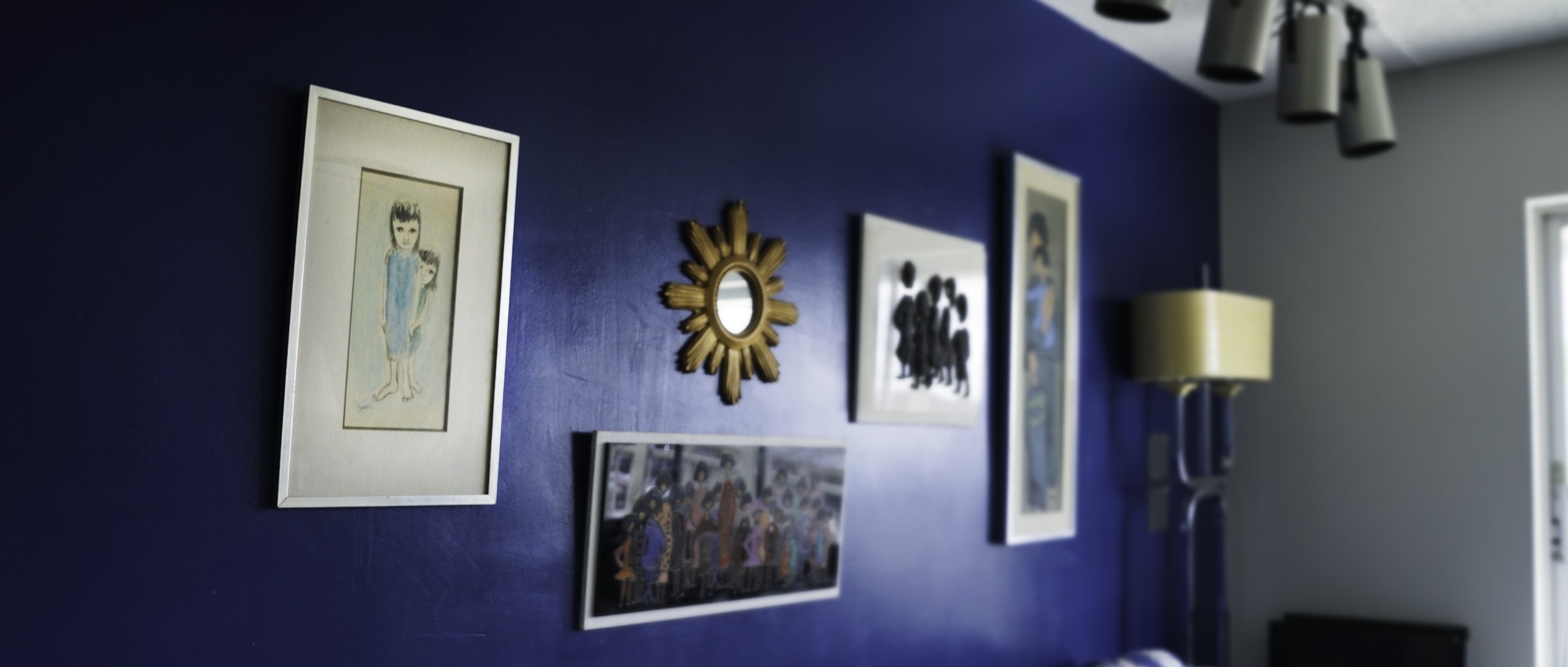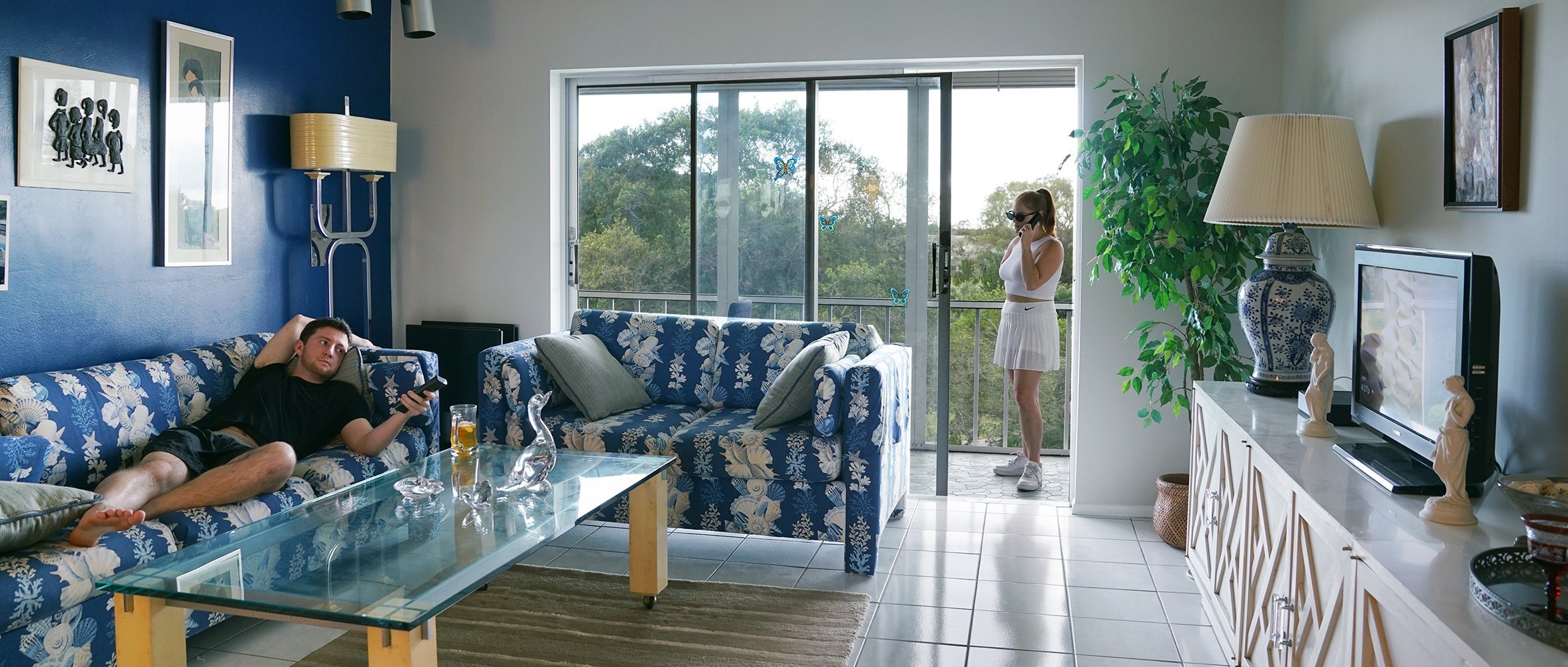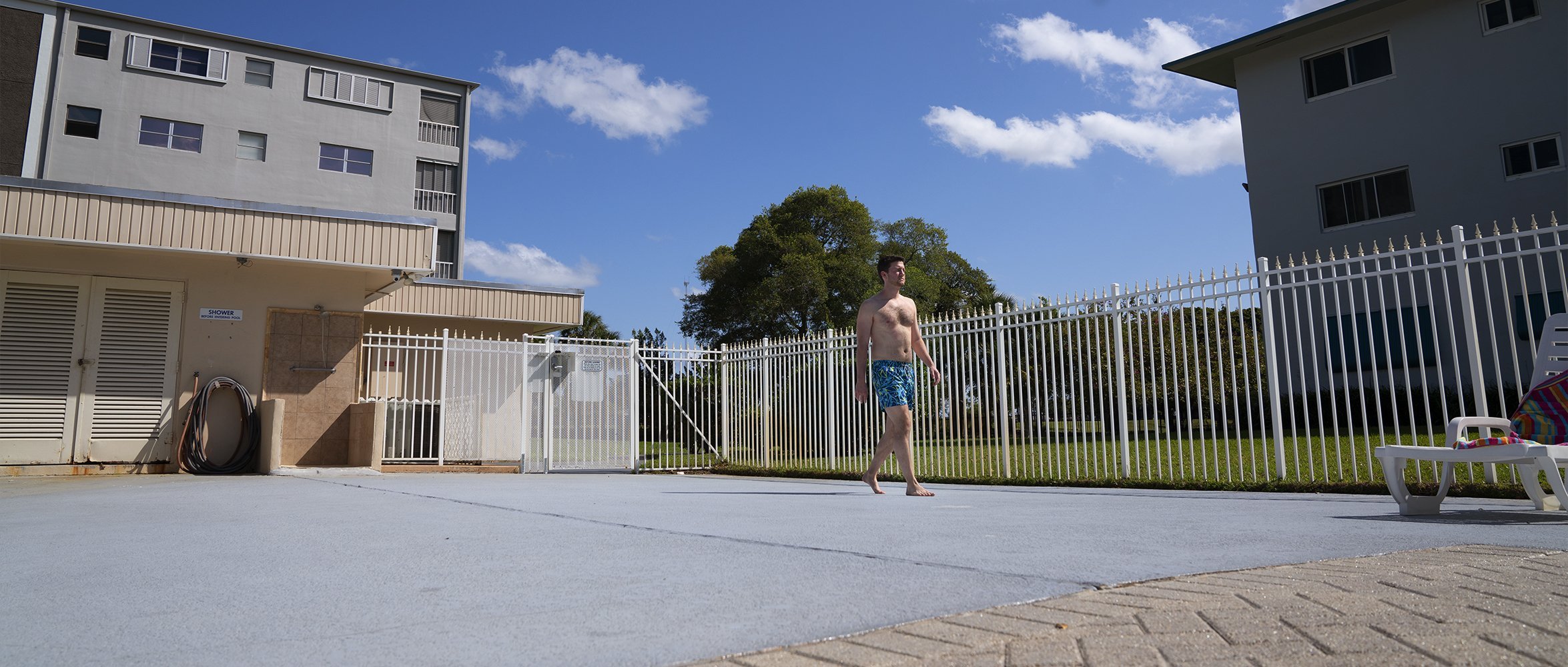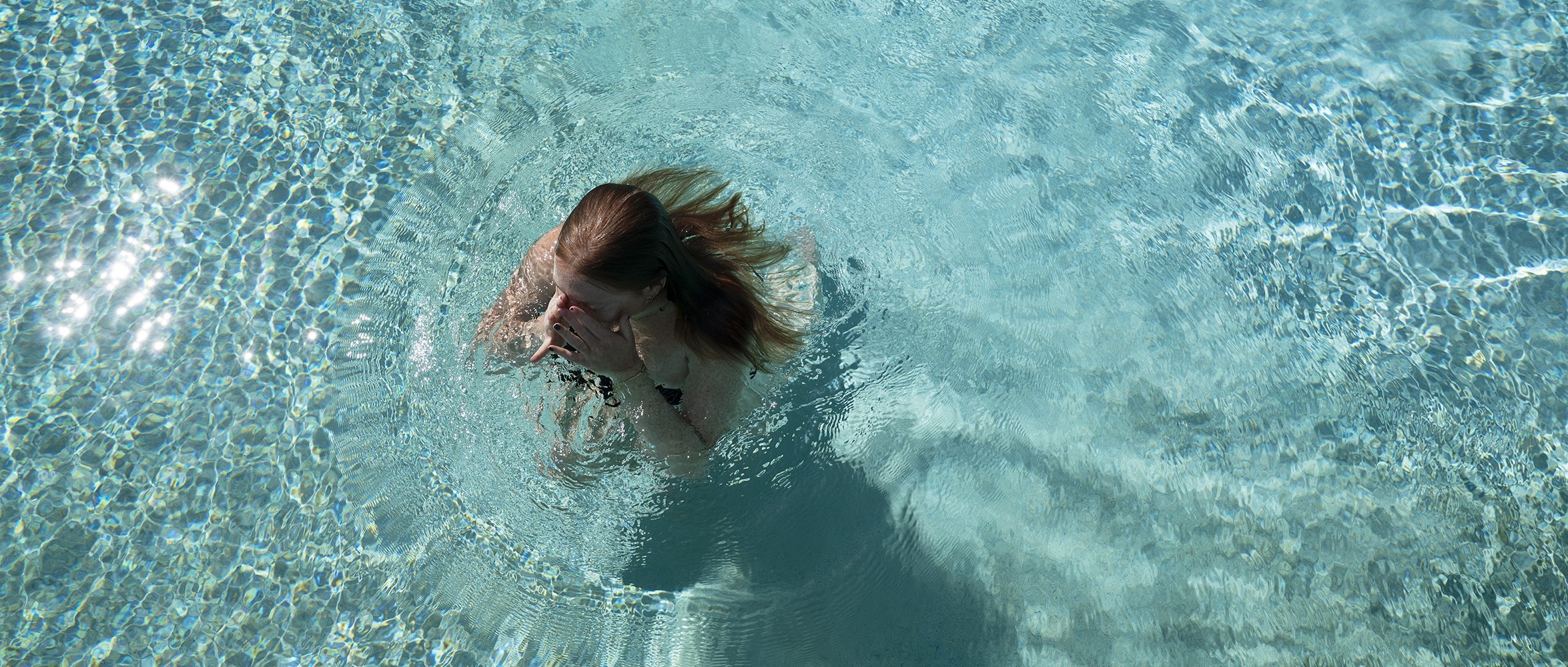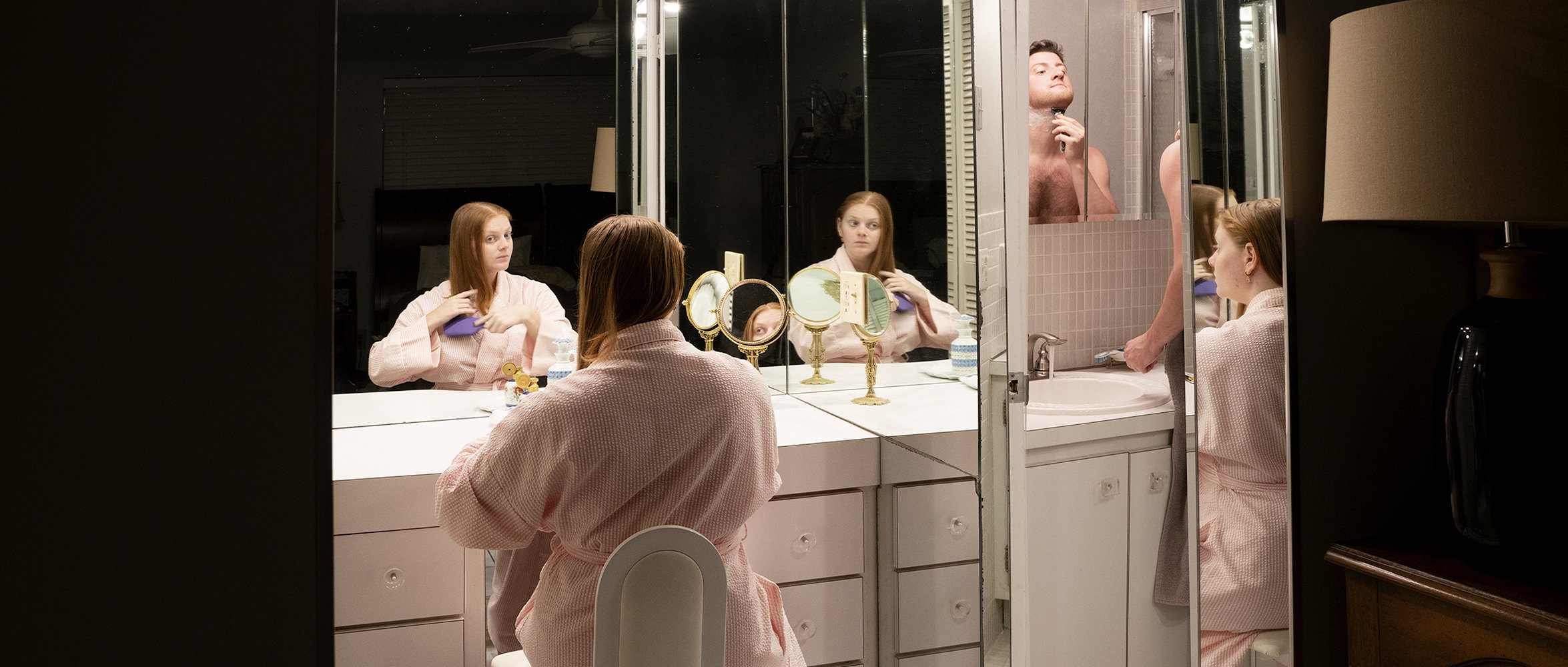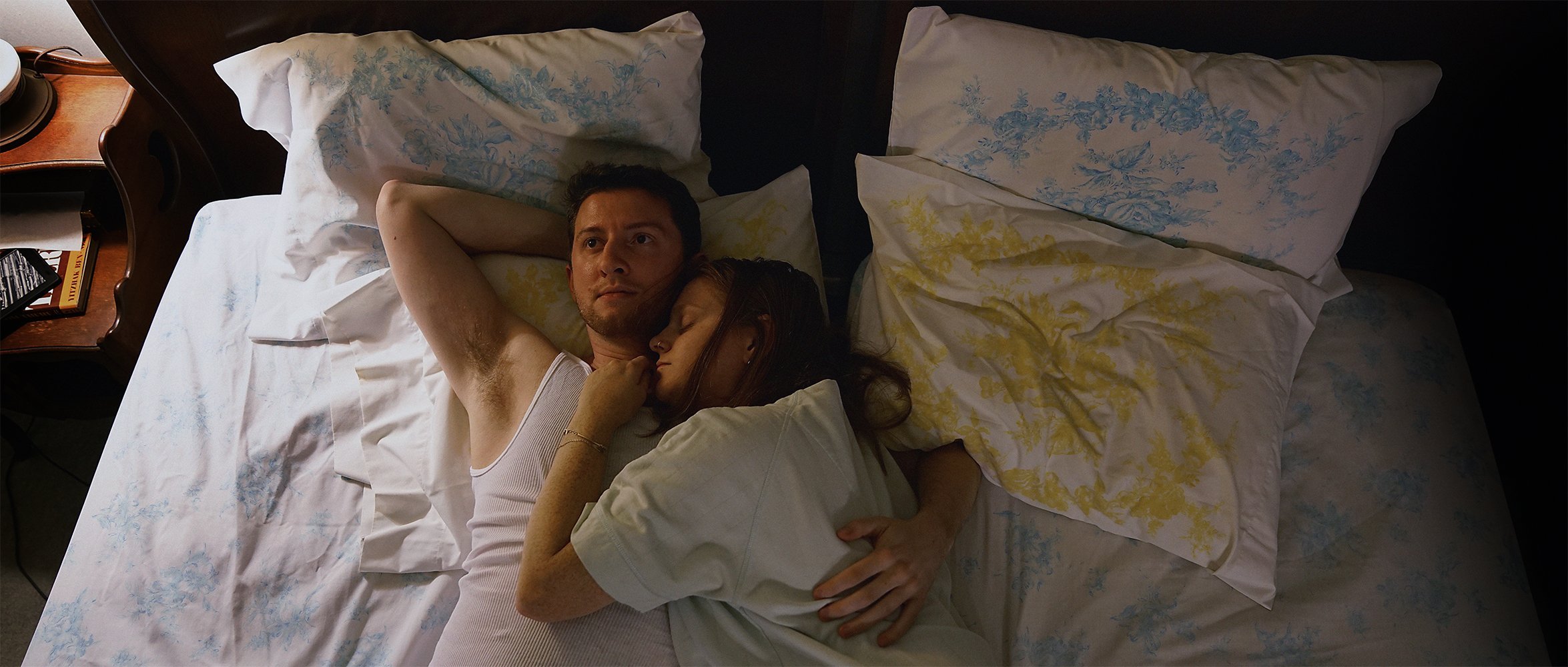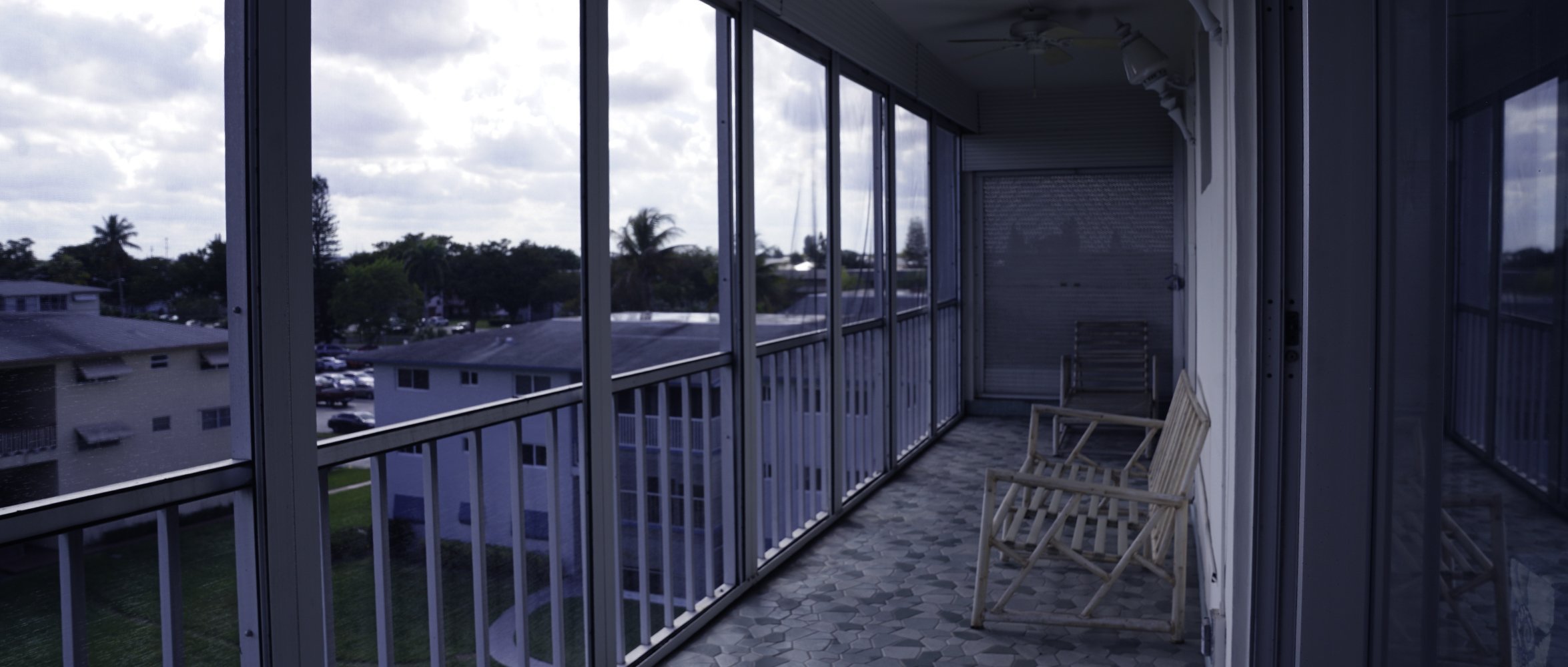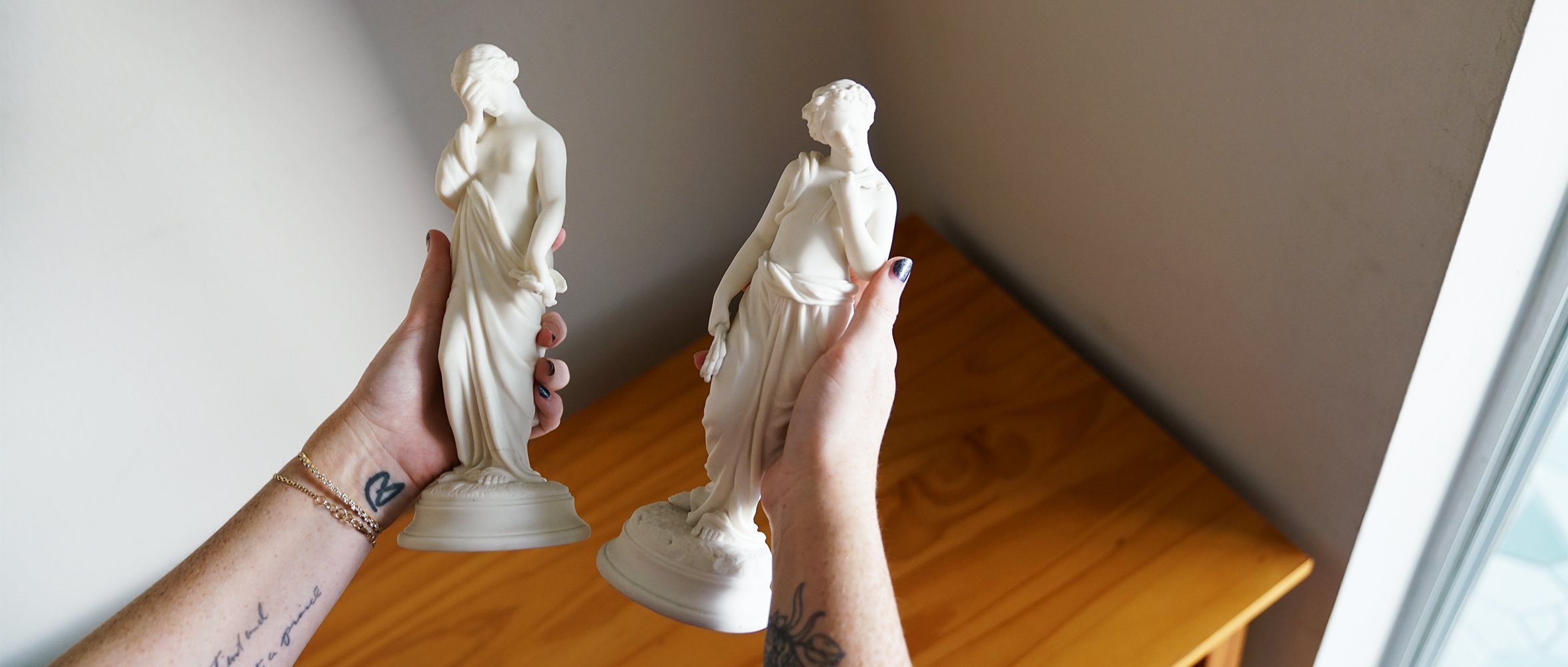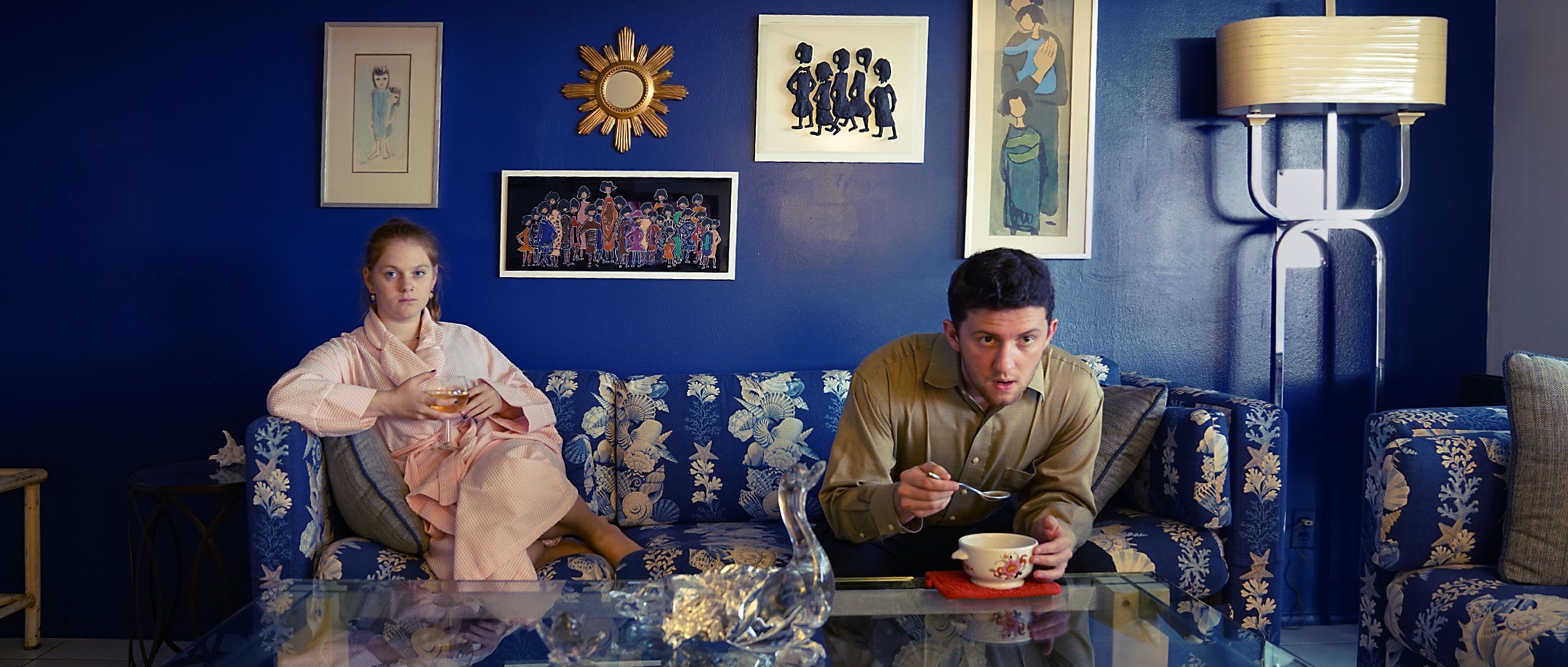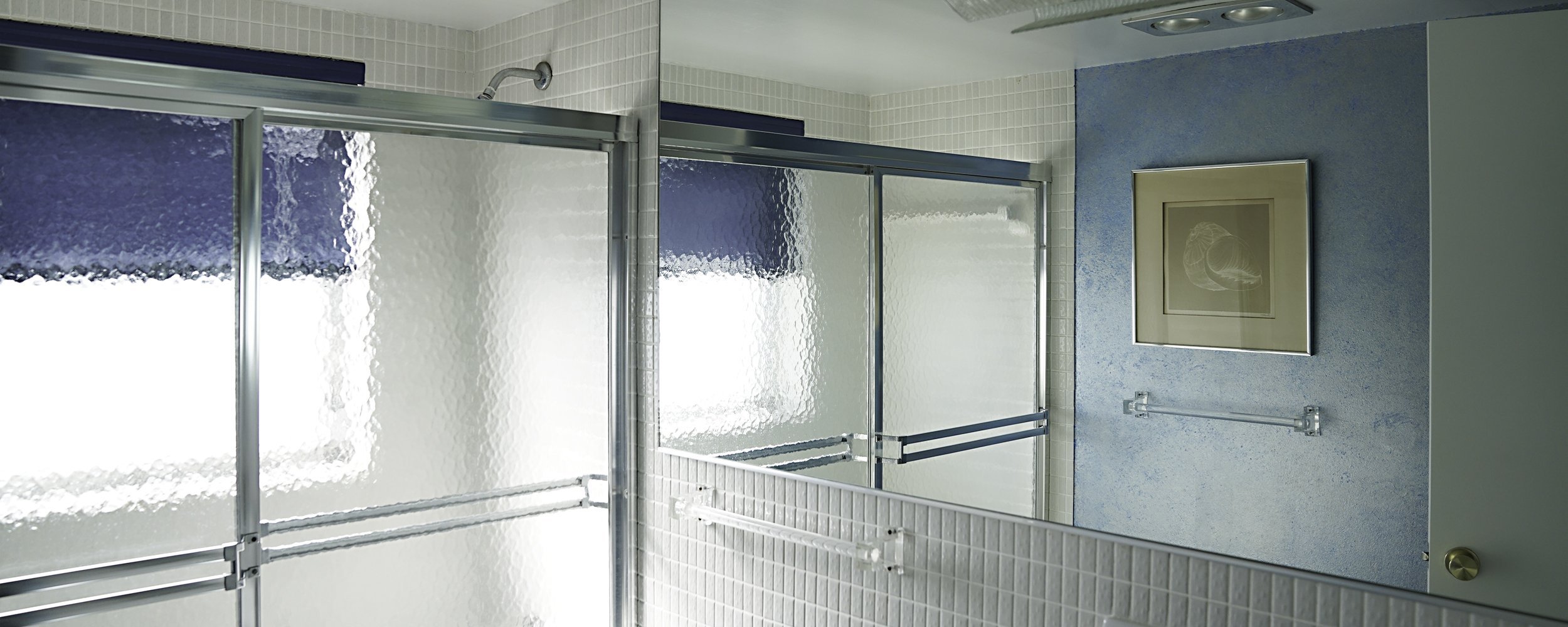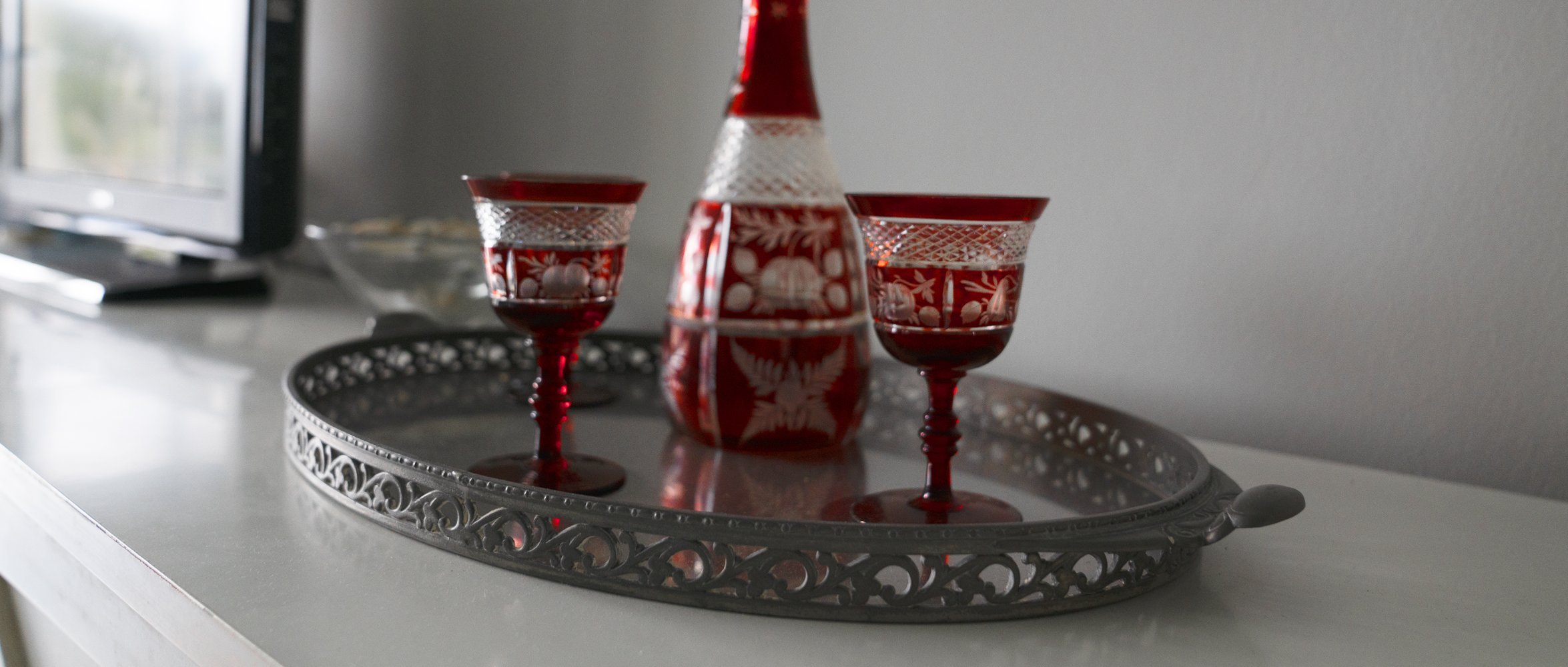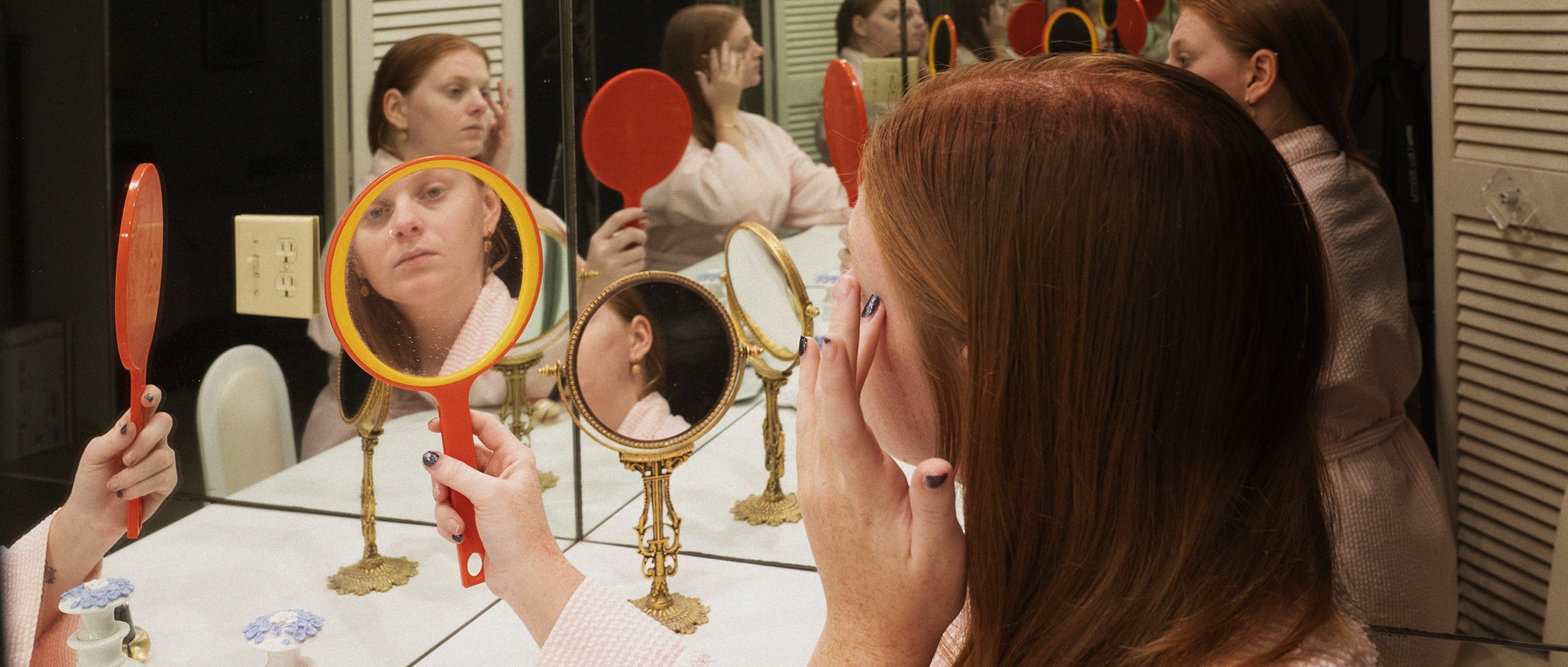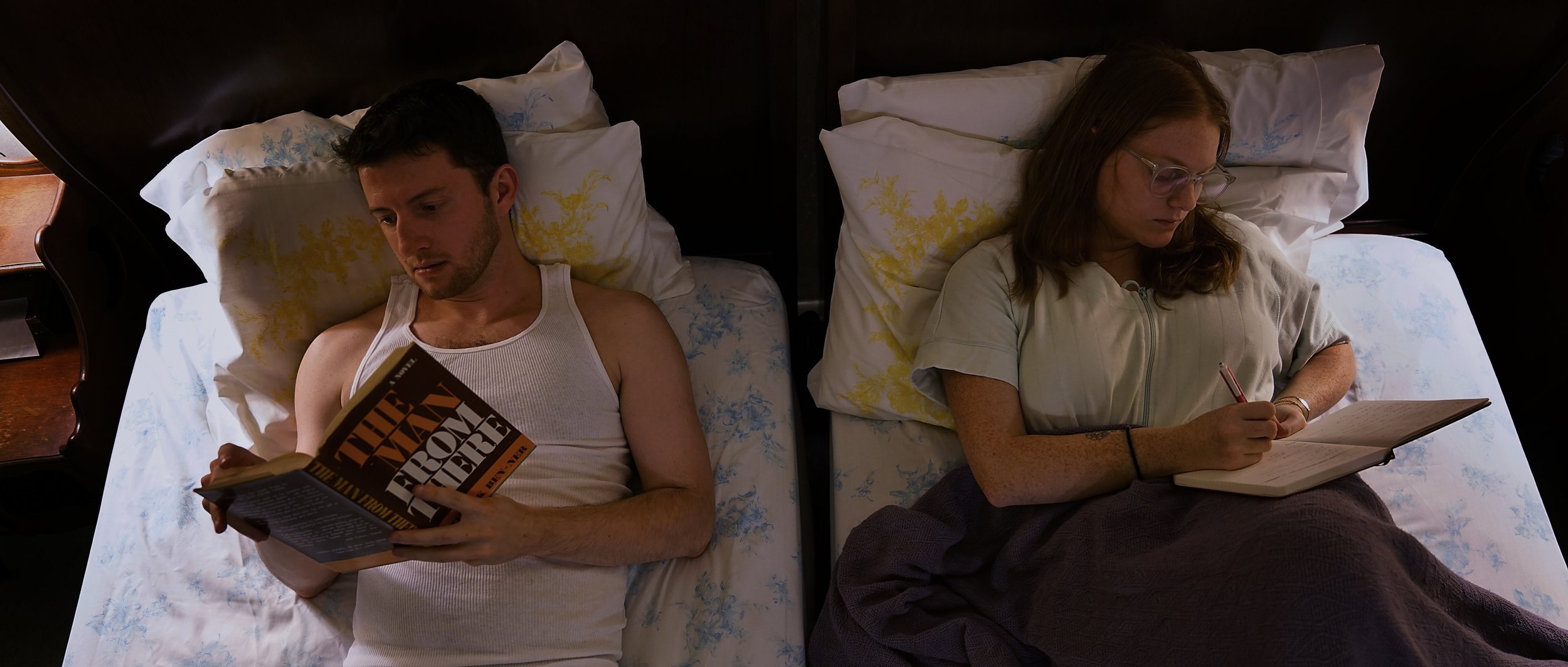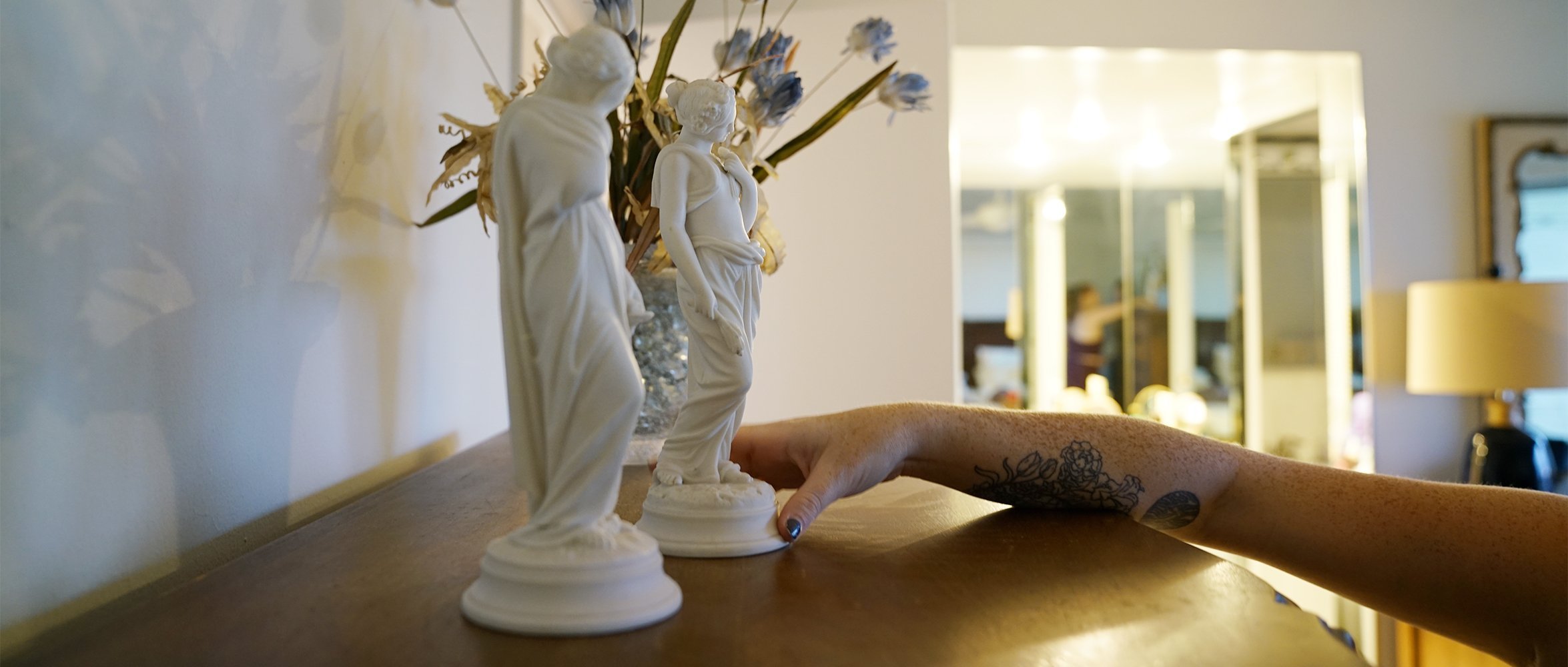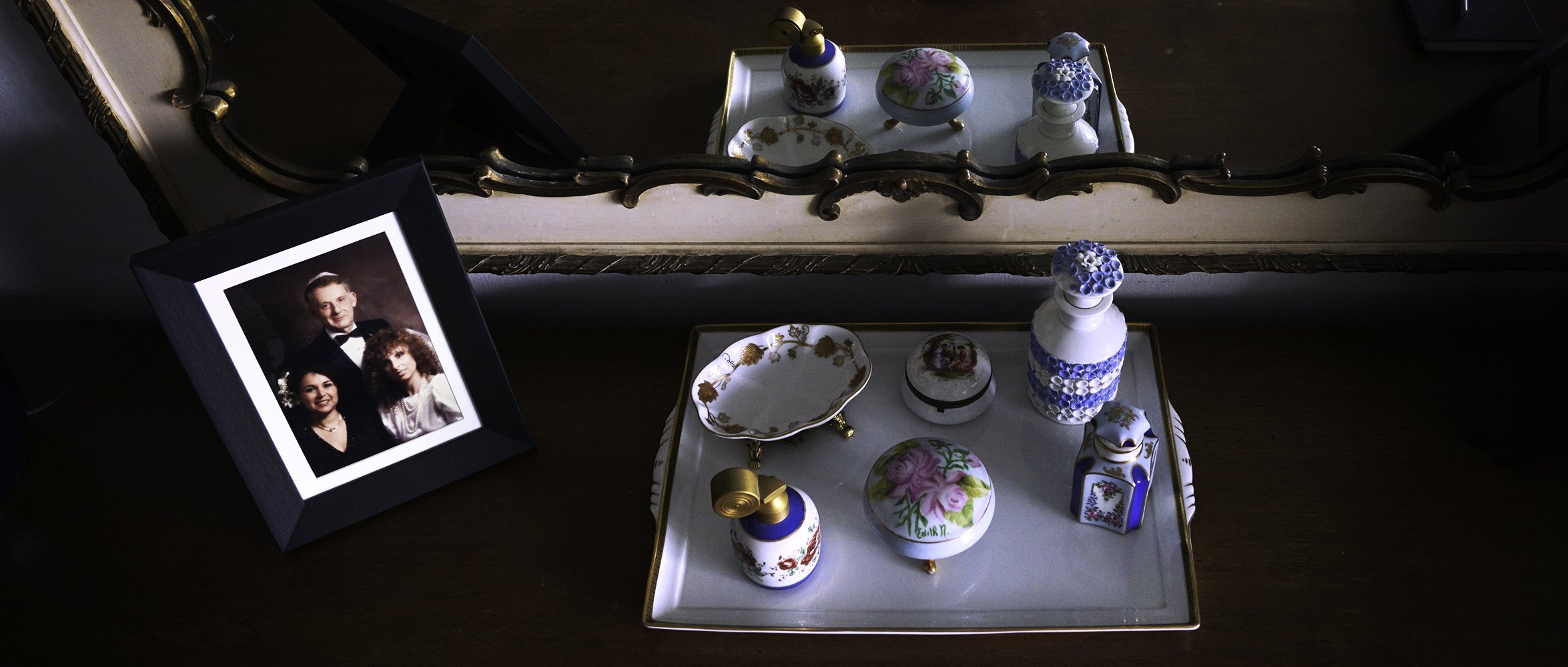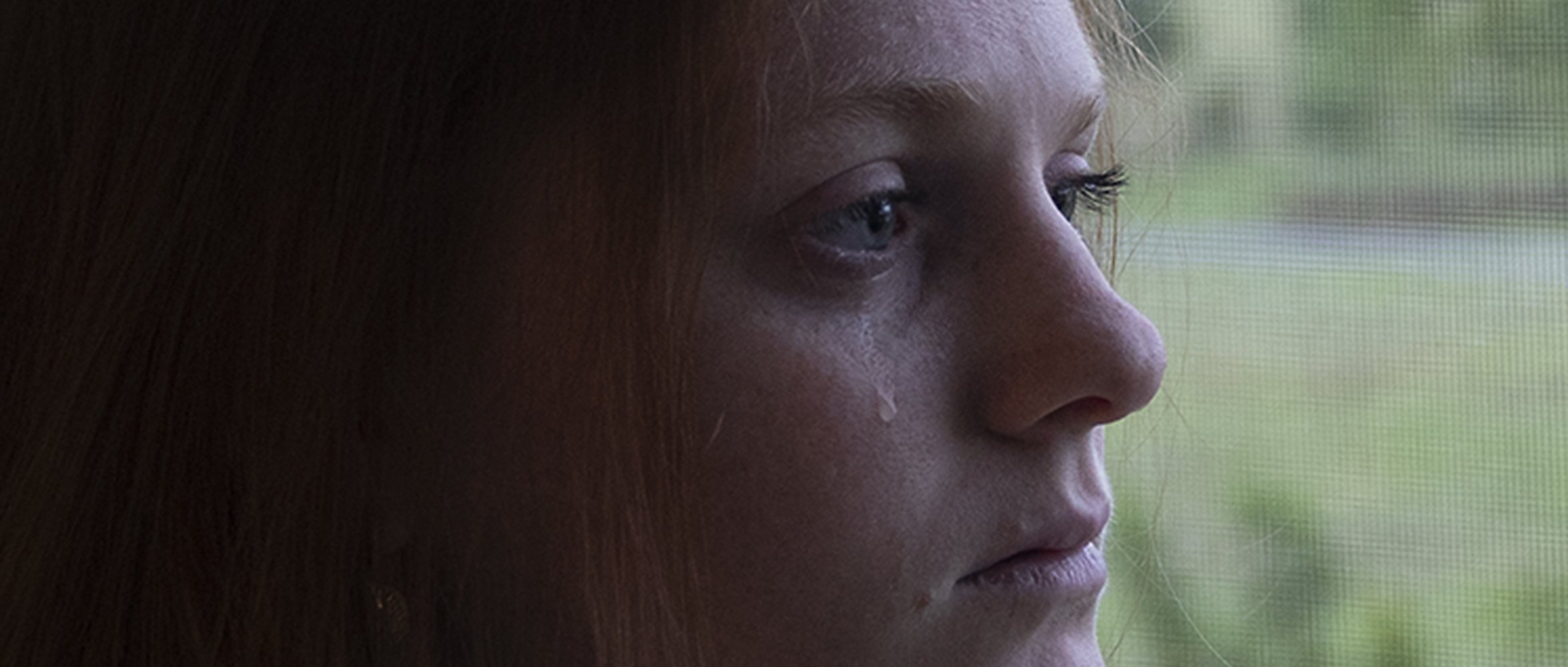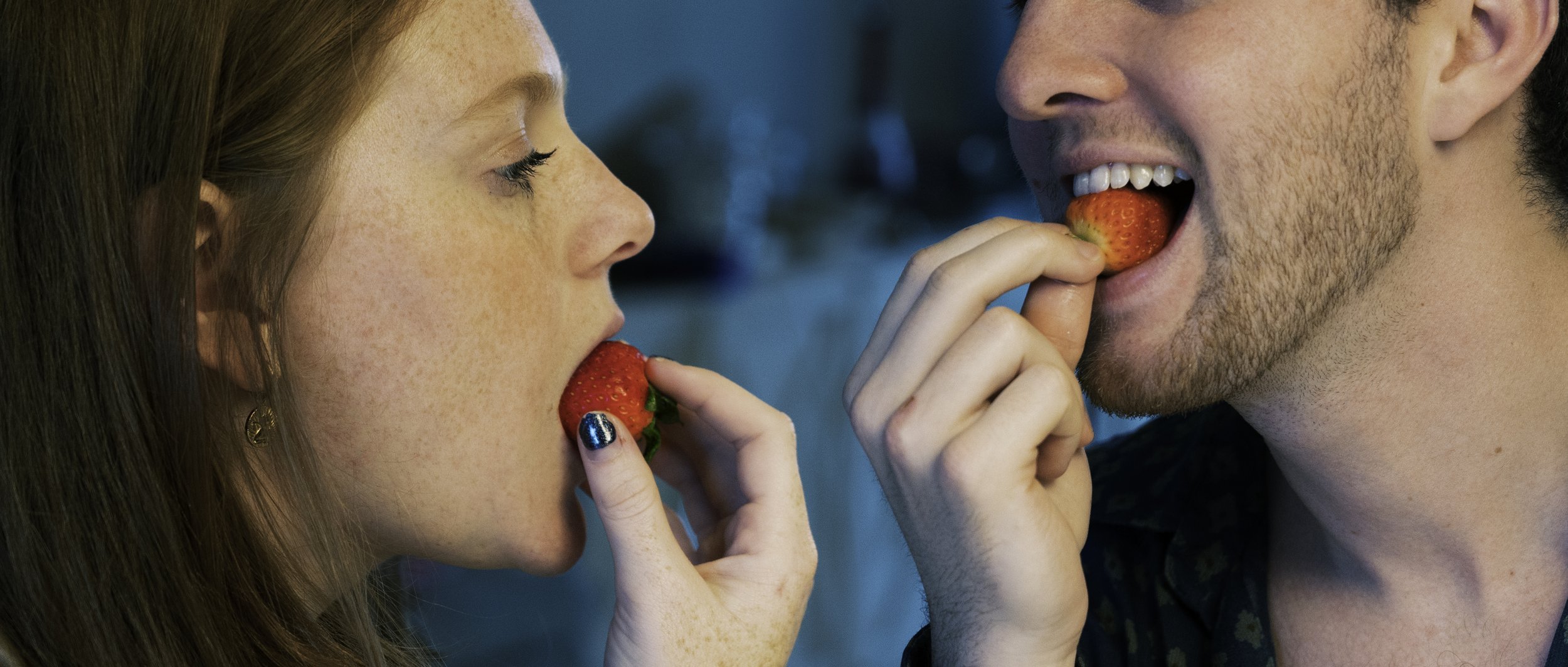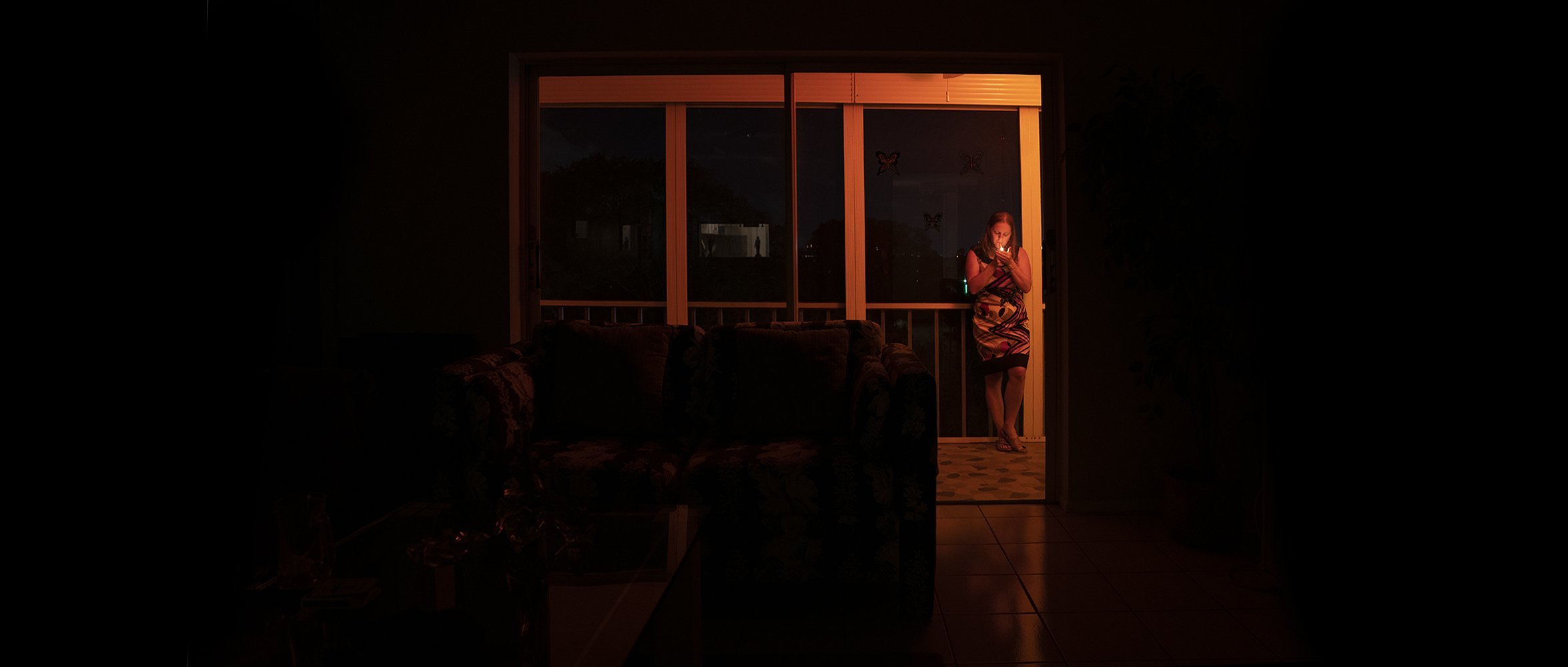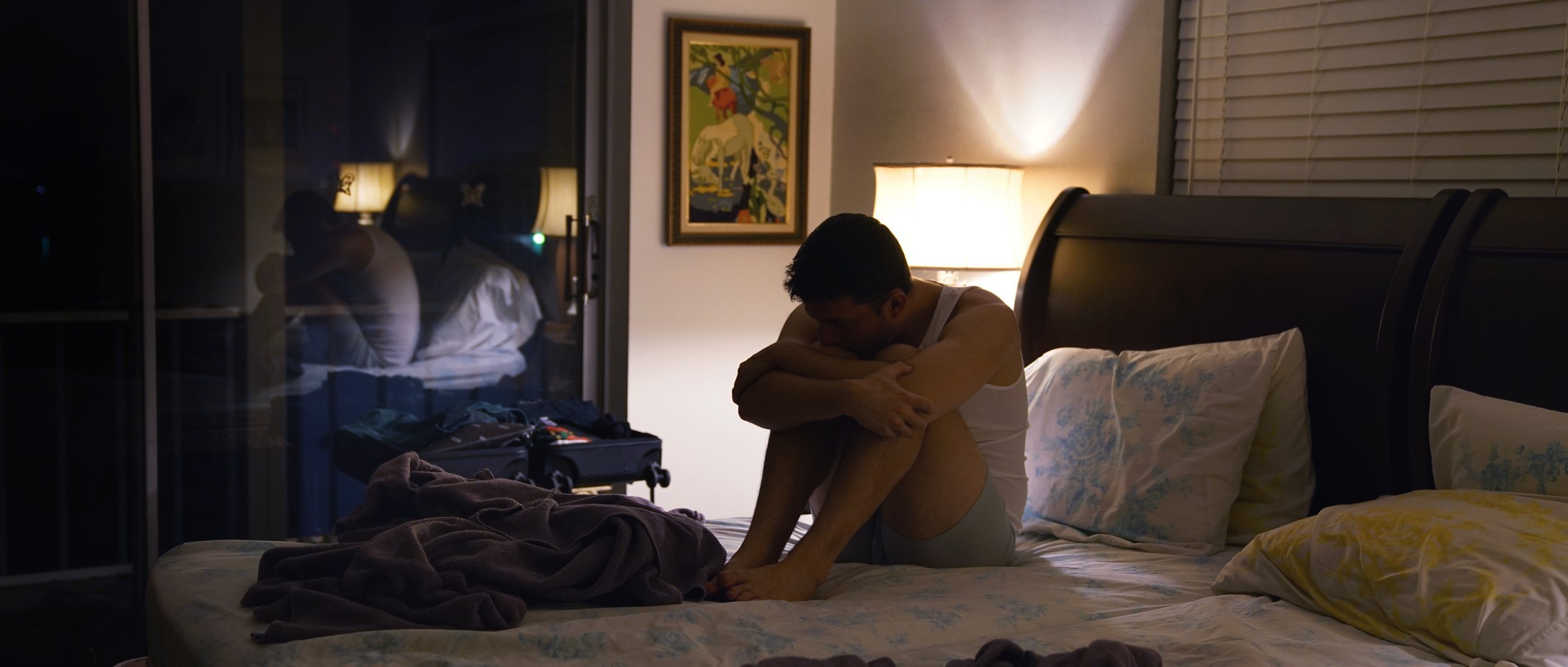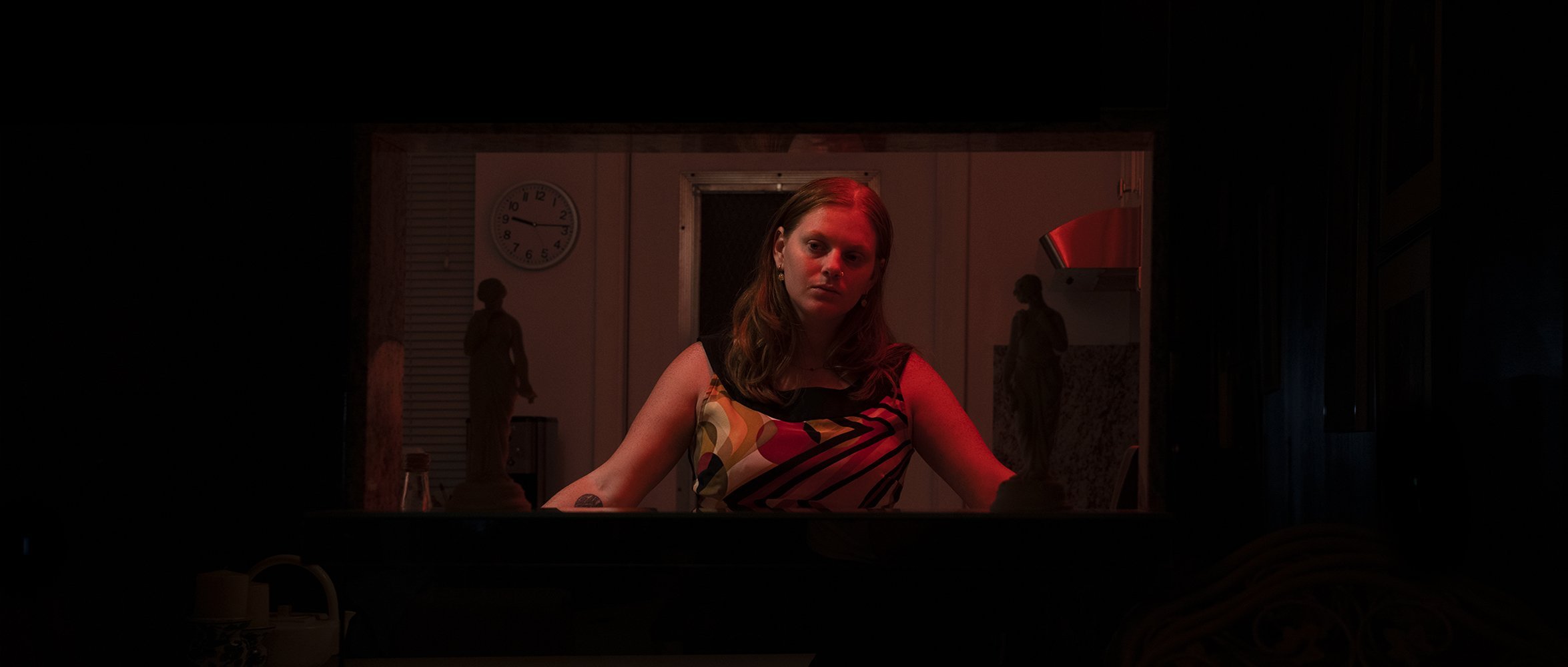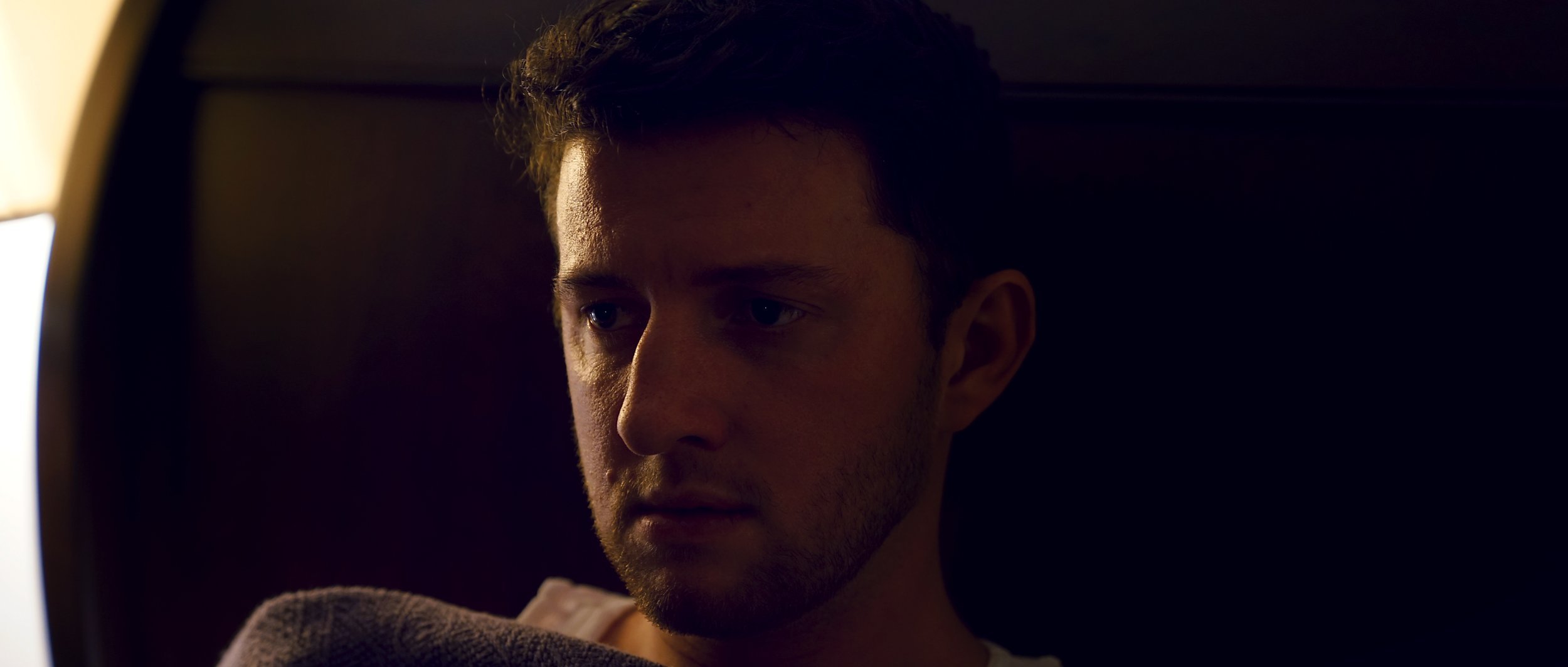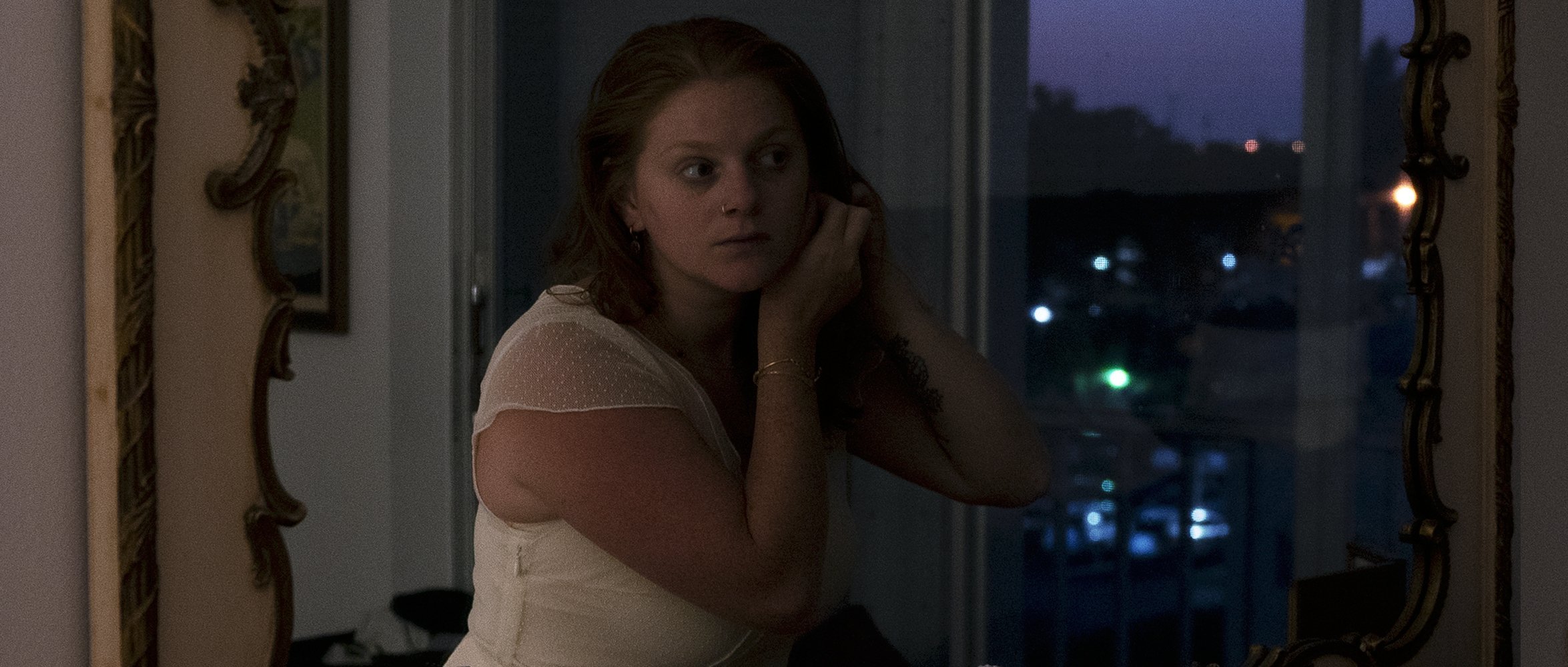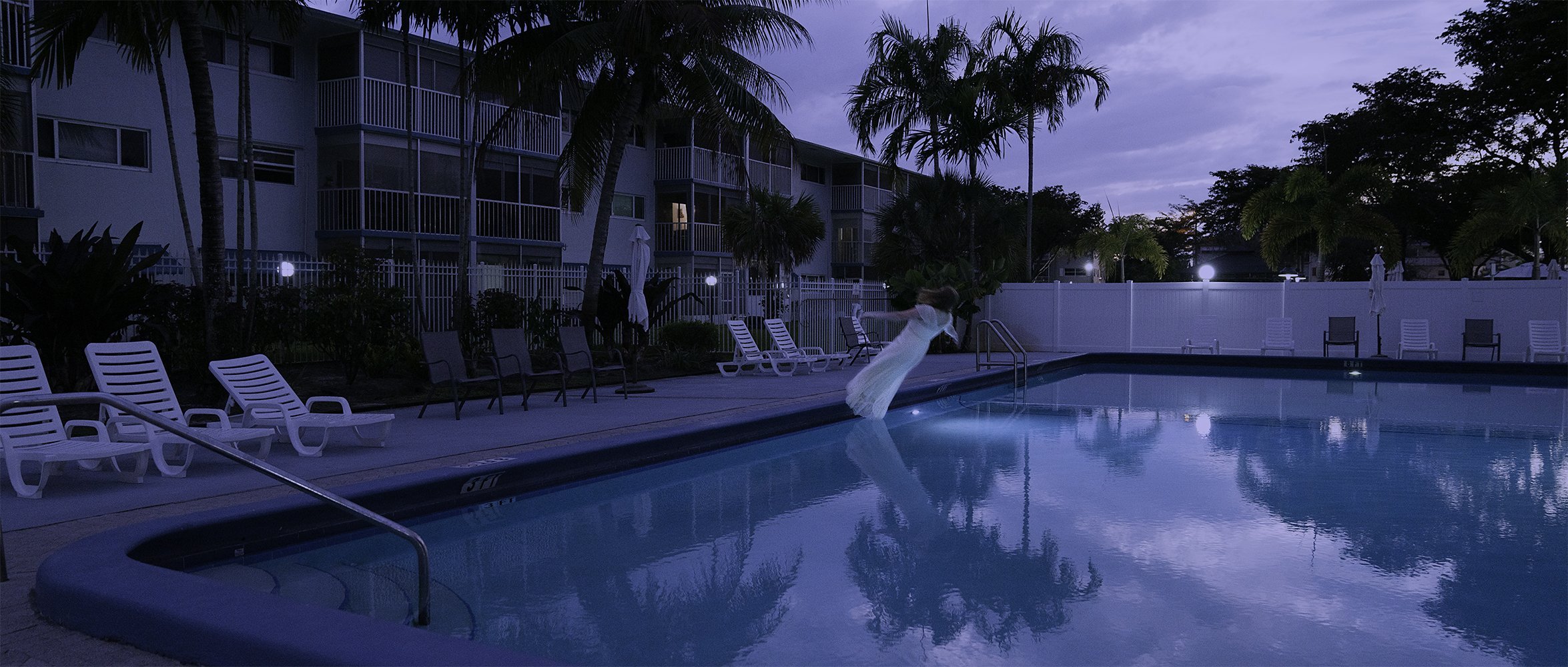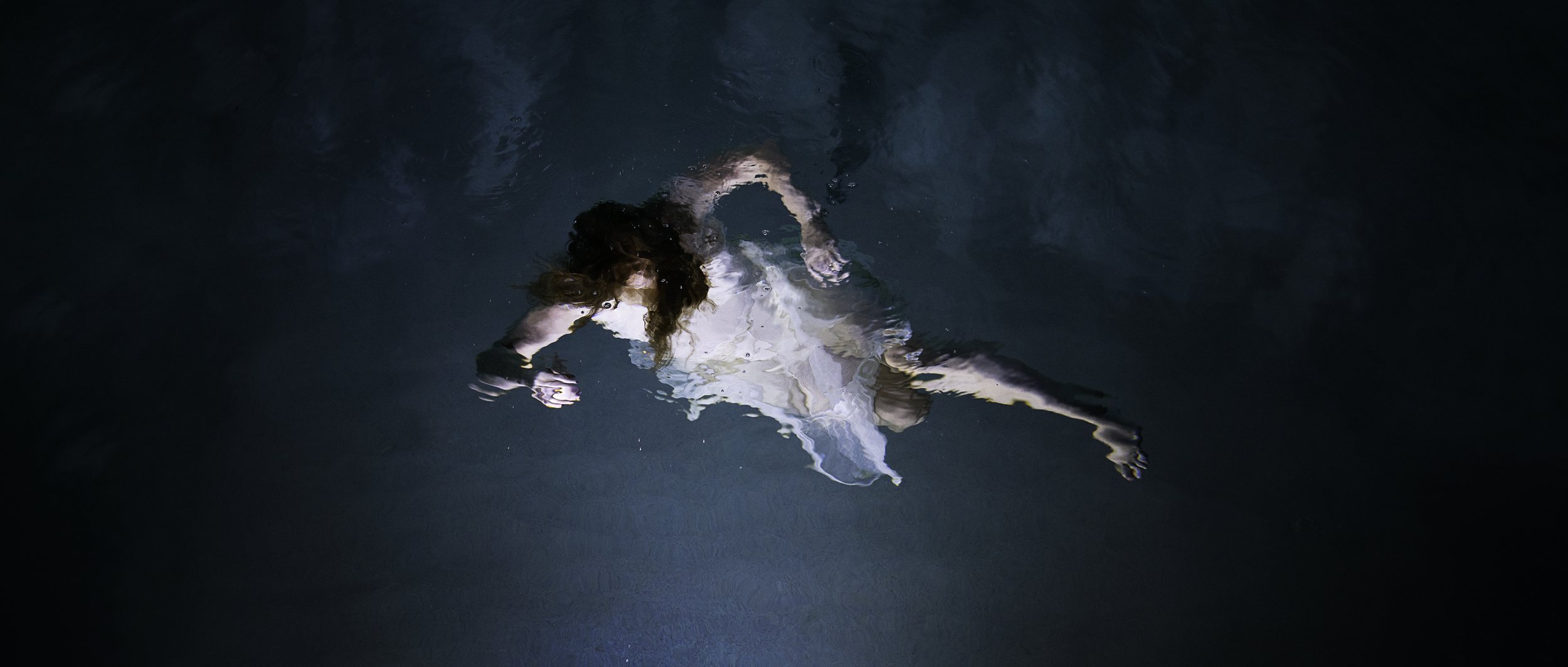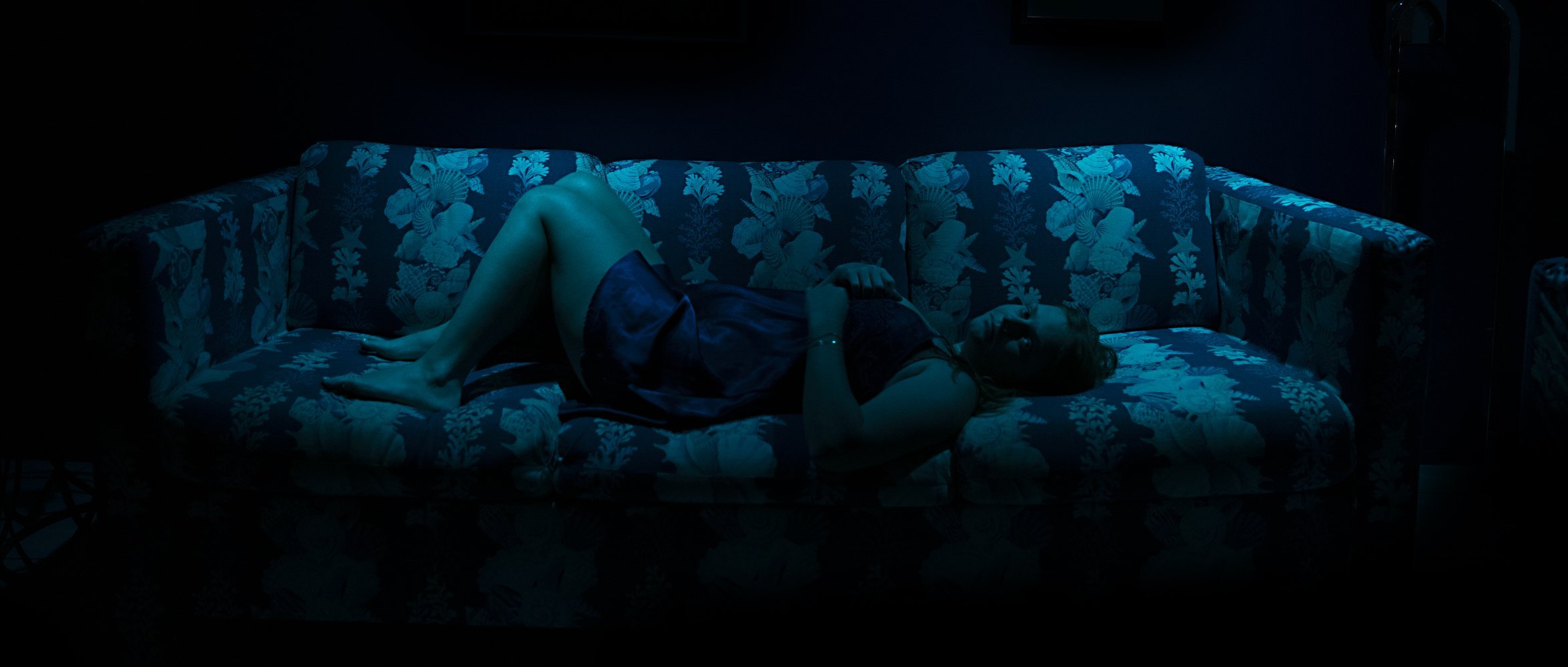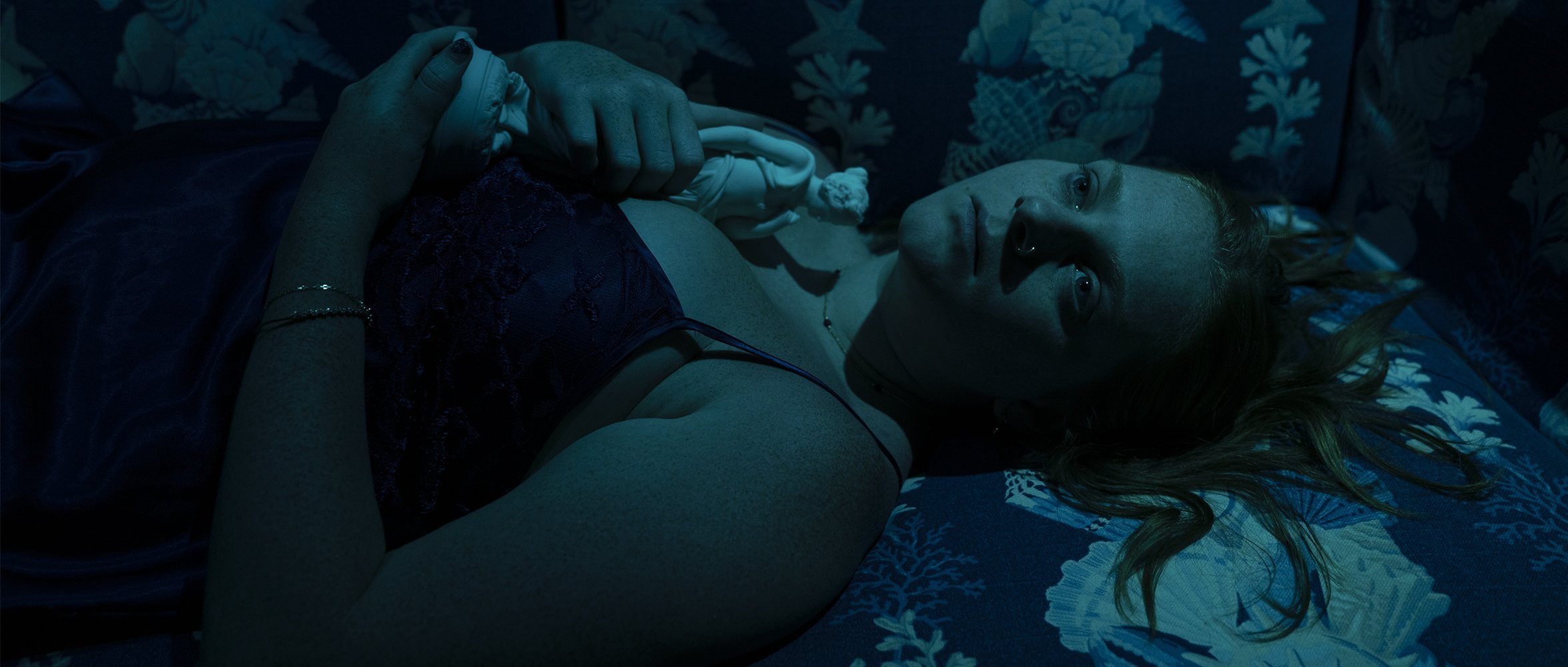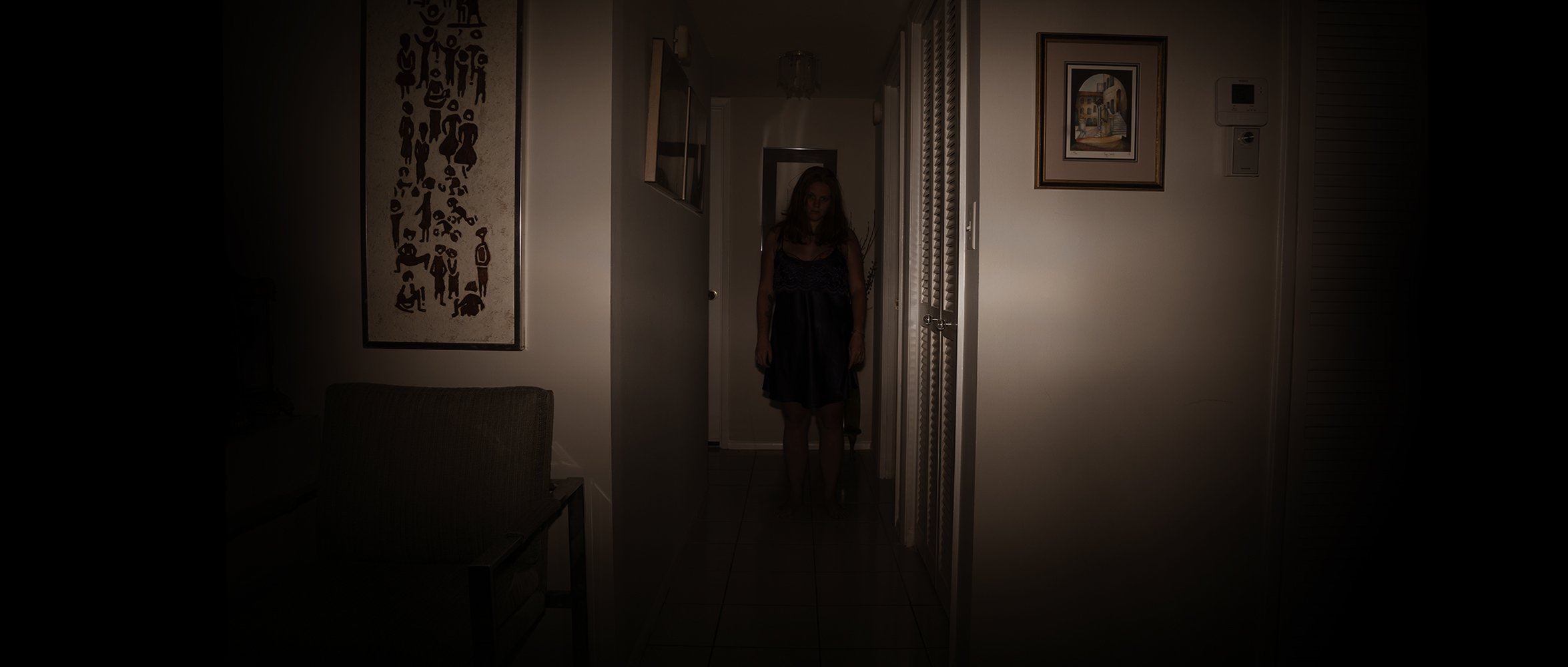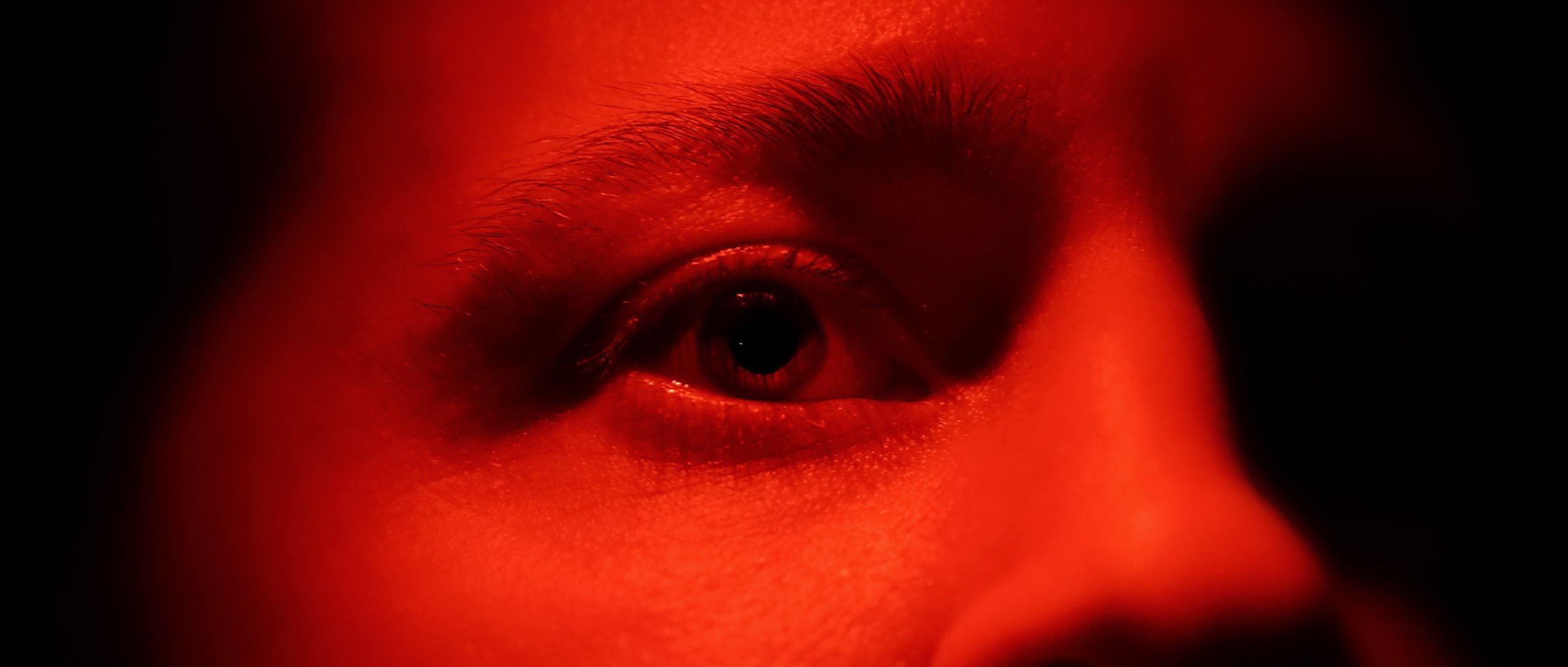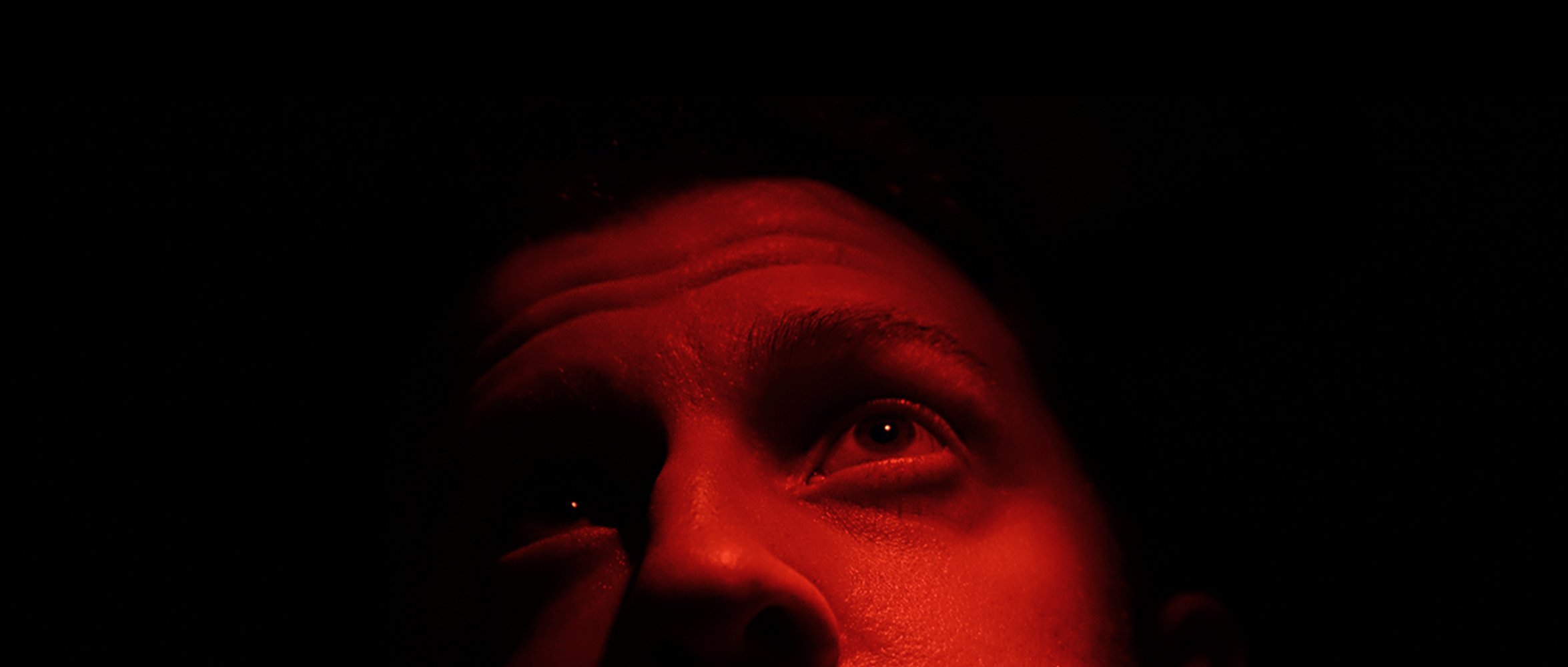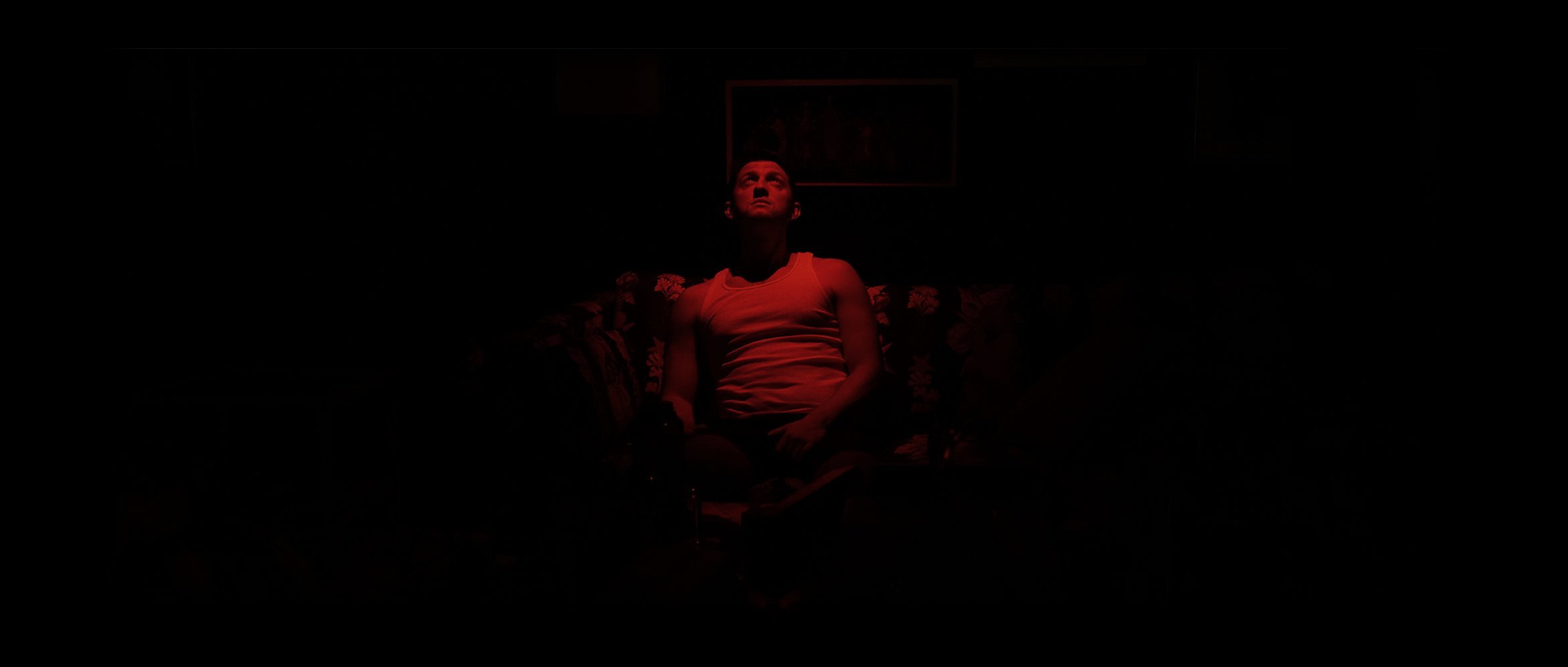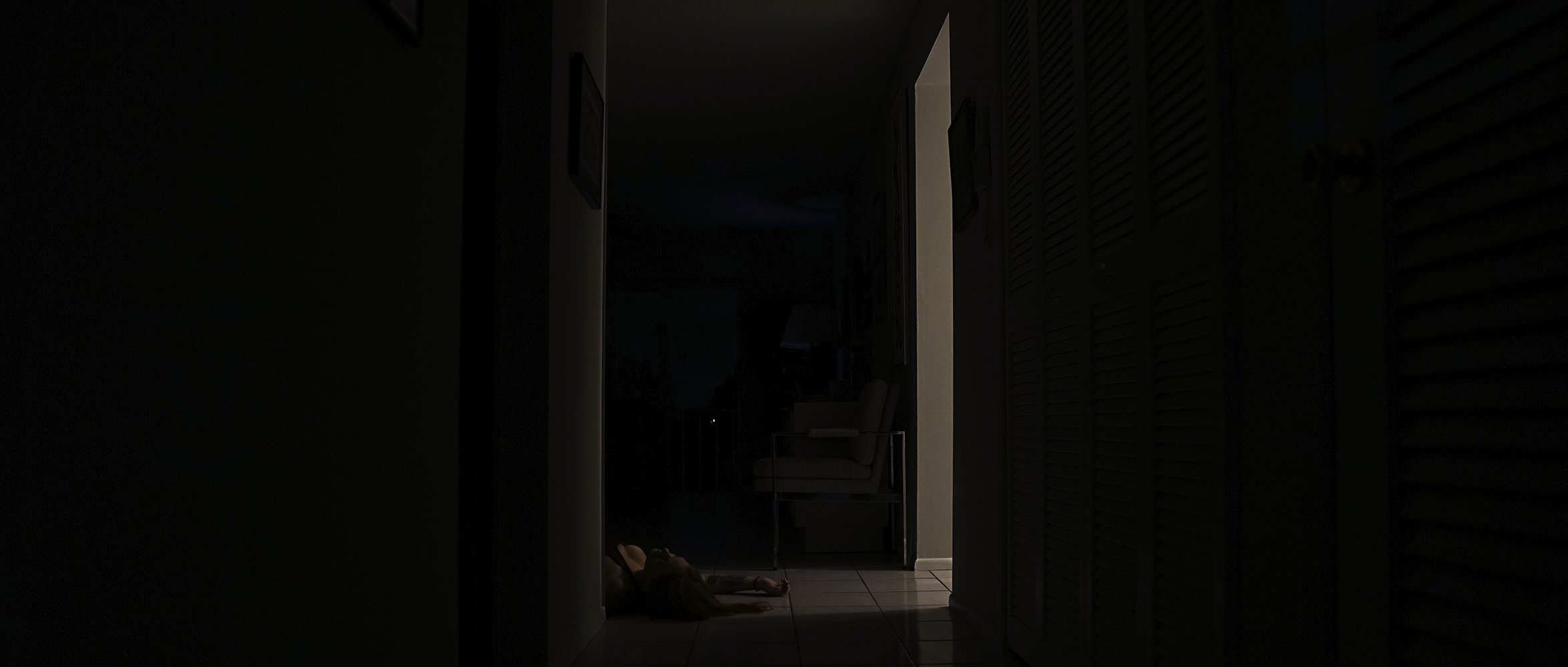The Primordial Nature of the God (2022)
From the opening scenes of domestic bliss and Florida sunshine found in The Primordial Nature of the God, the debut film of Kara Birnbaum and Brennan Corcoran, viewers feel a distinct uneasiness as the newly married couple moves into their first apartment. It soon becomes apparent that this new setting is impacting the characters in intense and terrifying ways, leading the couple to lose their grasp on reality and one of them to become a conduit for an evil, ancient force. We sat down with the filmmakers for an exclusive interview about their new movie and their working relationship:
There’s a lot to be said of the setting for this film. How did the apartment you filmed in inform the story you told and inspire you?
B: The apartment is really striking, right when you walk in you are transported to an older version of Southern Florida and that had a really large impact on both of us. There’s so much glass - windows, mirrors, objects - and bright colors and retro designs, it really feels like you’ve stepped back in time, and we used that to imagine a couple from a different era and show their relationship fall apart in ways both real and a bit more fantastical.
K: We wanted there to be a large level of ambiguity as it pertains not only to the plot but also the setting - it has a quality that exists outside of time, which informed our decisions around costume design and allowed us to play with how the audience fills in the gaps that we left.
This felt very intimate for a horror movie - we see the couple in a honeymoon phase and we also see their complete breakdown. Where did that idea come from?
B: I think a lot of it came from our real relationship and the anxieties that exist within that. For me, at least, the scenes where the couple are happy and dancing in the kitchen and enjoying each other, those are the scariest ones because you can feel that they are falling apart. It’s the same feeling in real relationships - when things are going really well and you feel really great with the person you are with, that’s almost the scariest time because you think about how things could implode. And it’s much more painful to lose that positive feeling than to never have it in the first place.
K: I agree, this film would have been approached differently if we were not in a relationship in the real world. I have always used my personal life as inspiration for my art and while this is different than the work I normally create, the same rules apply. Everyone has insecurities, especially when you add another person into the equation of your life. When we were writing the script we asked the other person to create aspects of our characters. I think this allowed us to subconsciously create versions of each other that are in a way a critique of our real selves.
Can you talk about the religious or mythological imagery that the female character gets wrapped up in?
K: Absolutely. Religion is something that tends to be passed down from your family. This can feel forced when your family’s beliefs and your own start to contradict. There are symbols in the film that discuss inheritance. We are talking about a different aspect of inheritance but the female character deals with a similar feeling of having to assimilate into a life that she cannot escape. A big inspiration for us was the Roman God Janus, a god who represents dichotomy, and part of that is the feeling of being pulled in two opposing directions.
B: Yes, and some aspects of the story really came out as we were making it. There’s lots of art in the apartment that inspired us - groups of faceless people, the little marble statuettes, old family photos. All of those got us thinking about the thread of history that this setting has seen and how the past can affect people in surprising ways. And I think that depiction of “the past” could be seen as religious or mythological.
Talk about the logistics of making this: a small crew and only two actors. Was it easy to work like that? Is that what you are used to?
B: For me, I had never done anything like this before, so really all credit goes to Kara. She was the director, cinematographer, you name it, she did it. So working with her made it really easy and enjoyable, especially as somebody so new to this world.
K: I think Brennan is being a little modest here. This idea has been living in the back of my mind for years but it wasn’t able to come to fruition without him. It was easy because, as previously mentioned, our characters had aspects of our real selves in them. It felt freeing to be able to embrace the deeper parts of myself that only someone who knows me as well as Brennan could bring out. My background as an artist was of course a big help but the chemistry and intricacies of the story were a result of our connection with each other.


